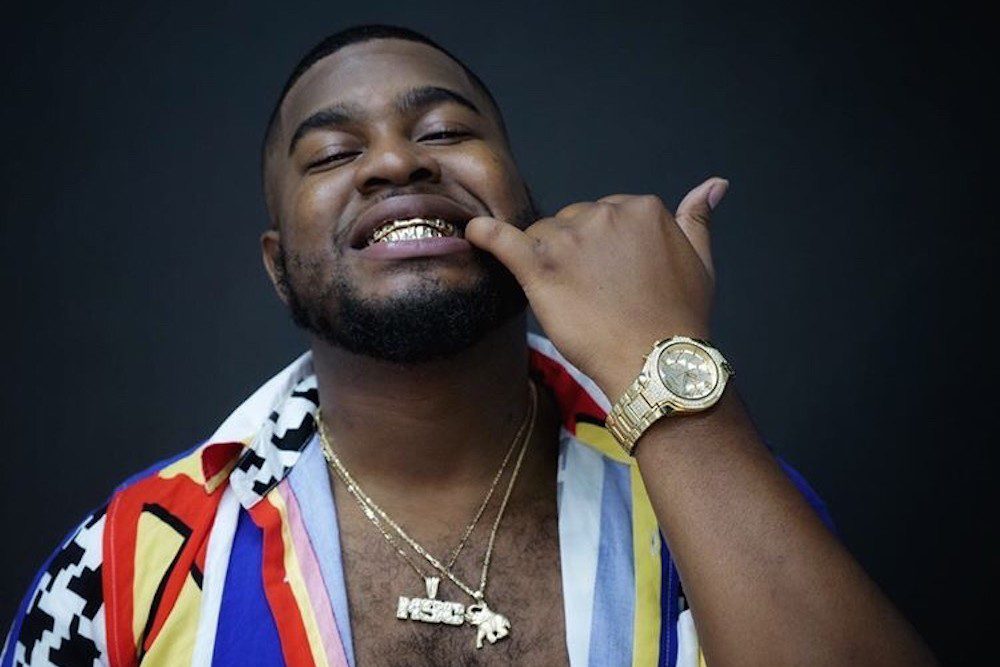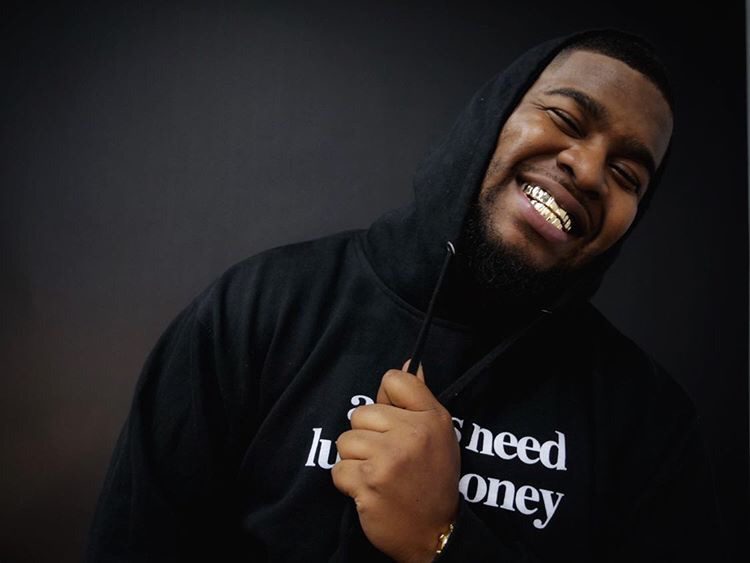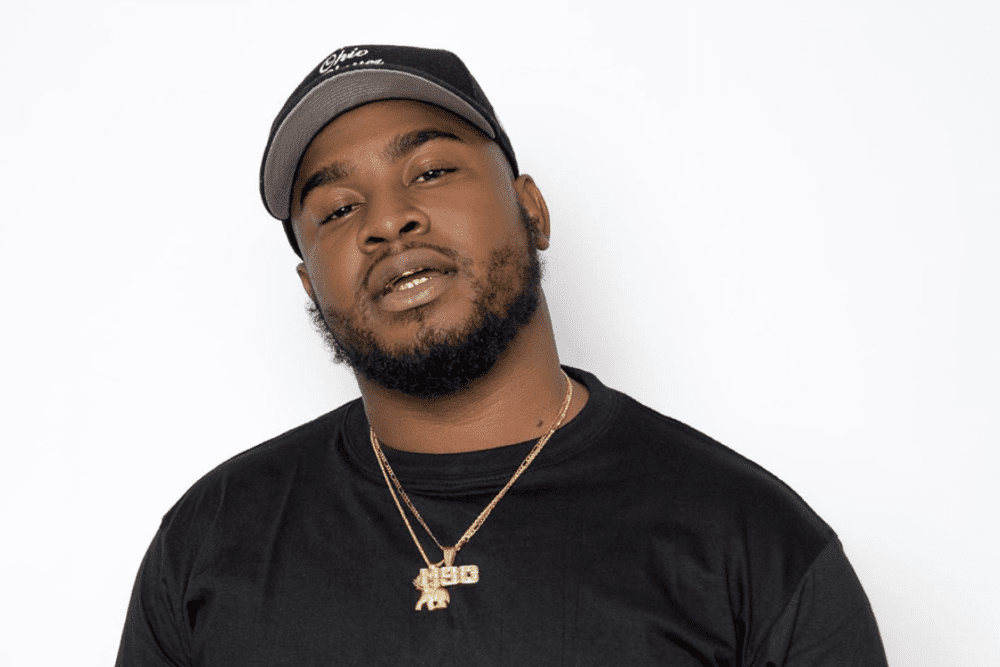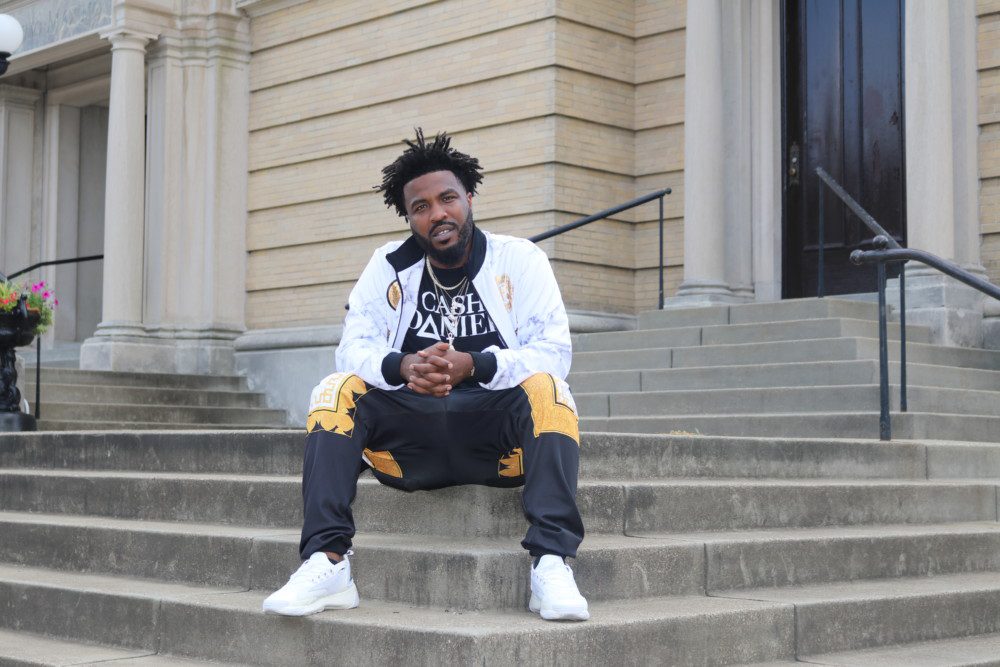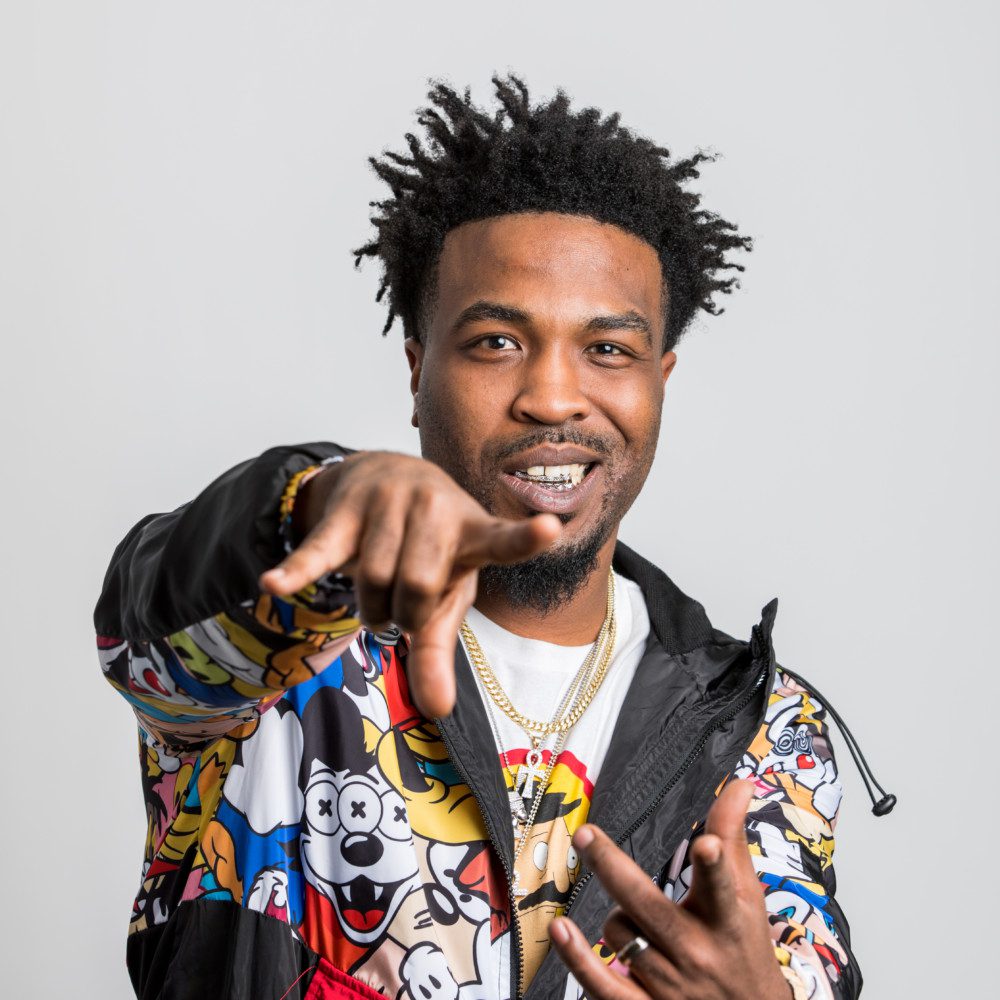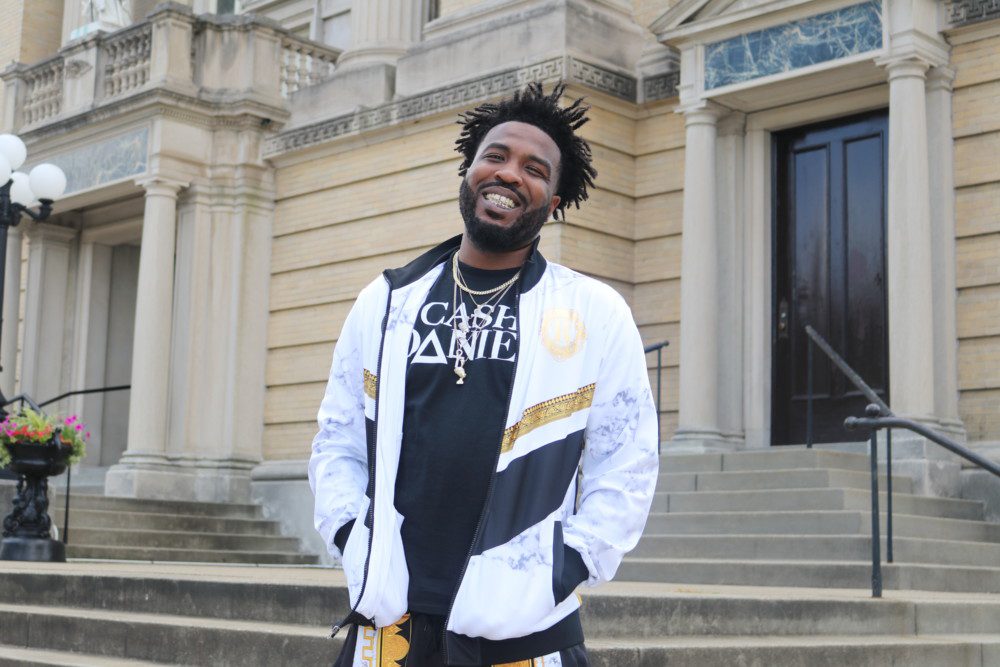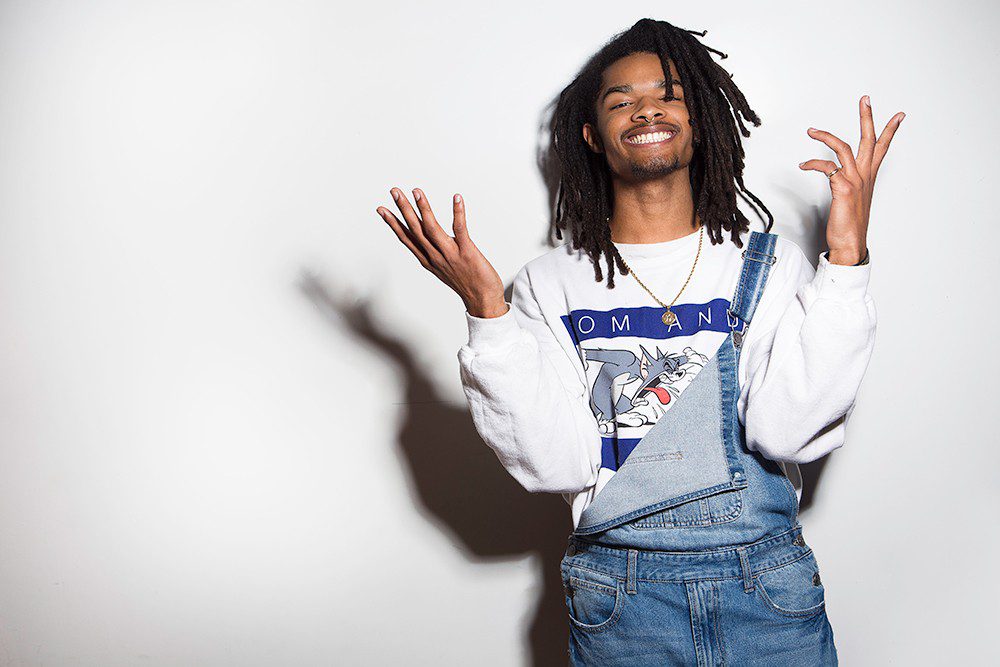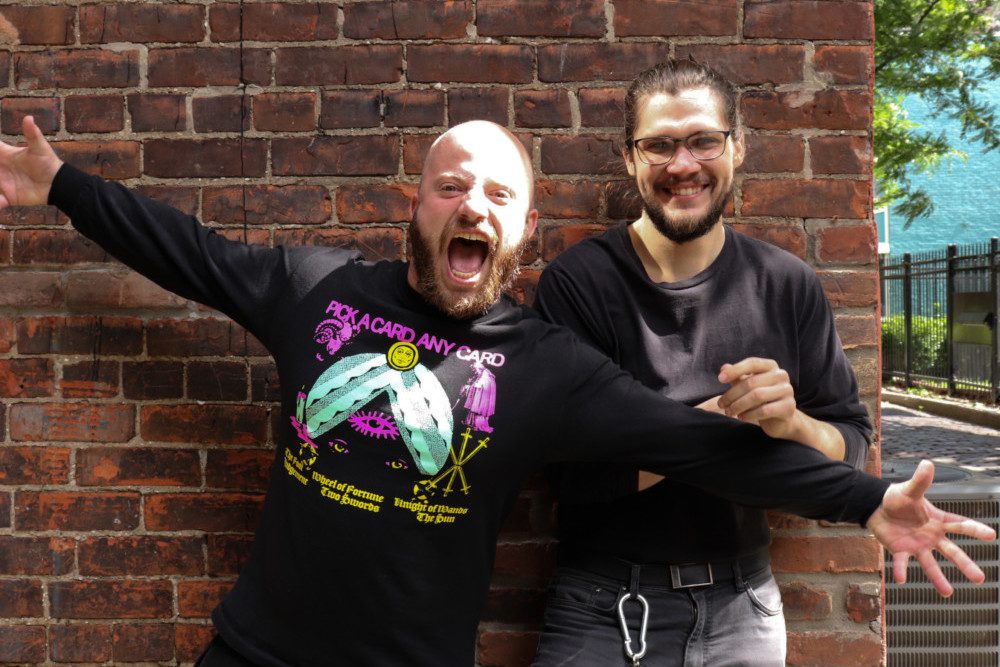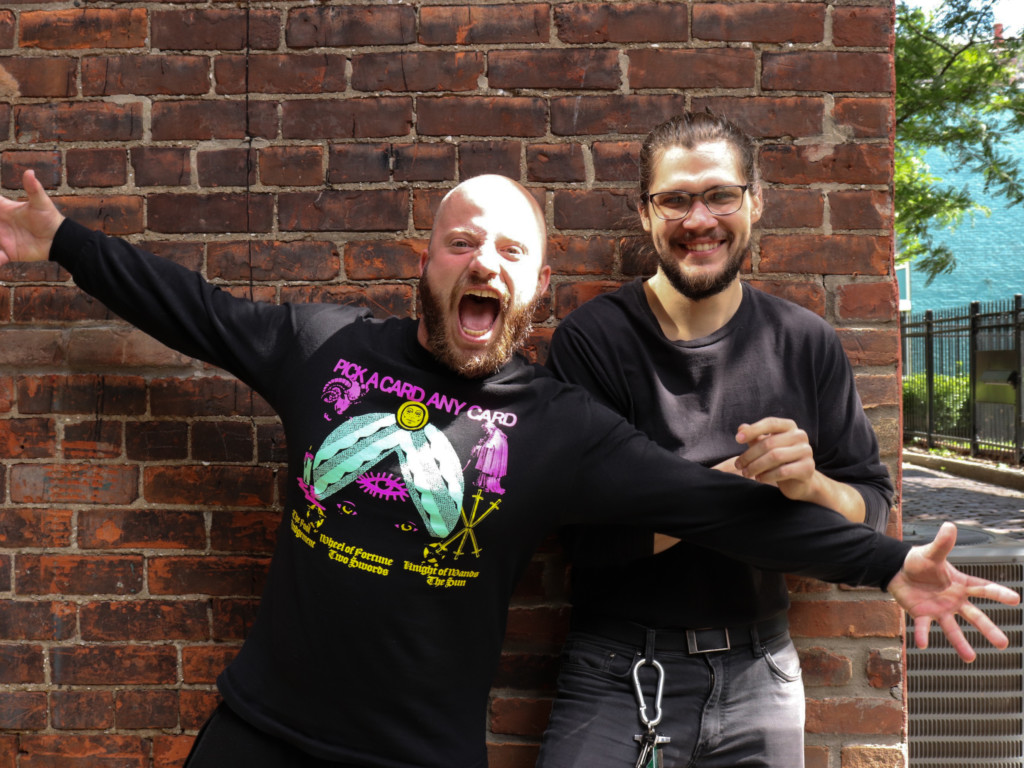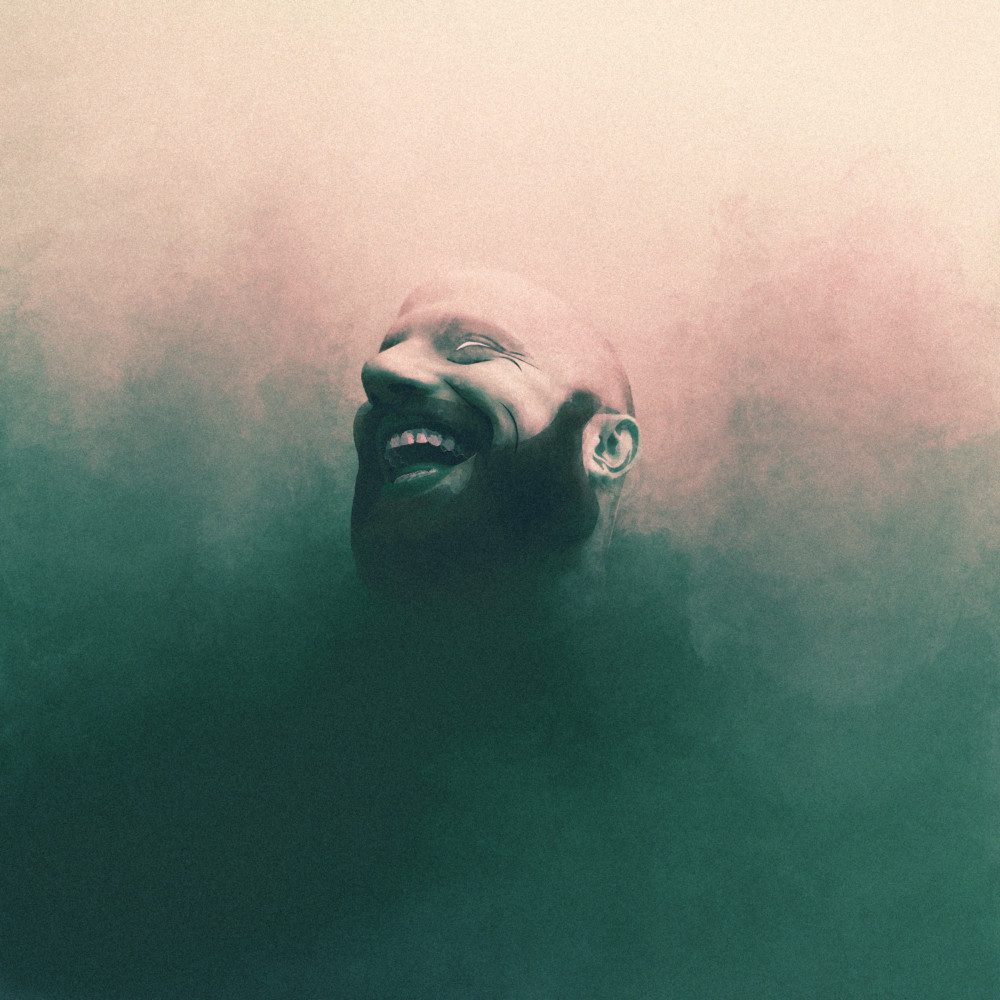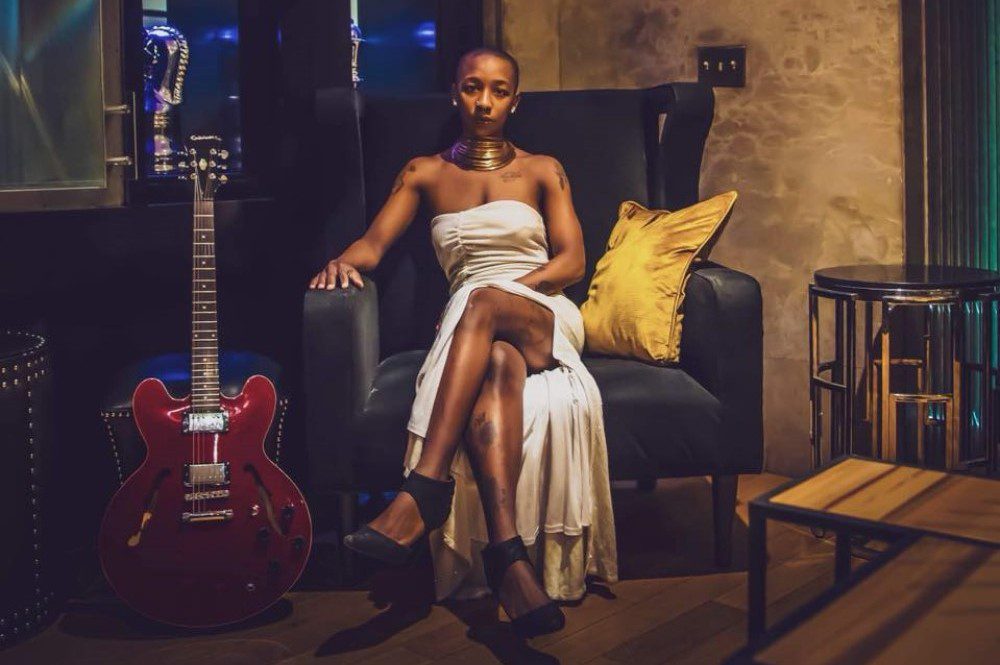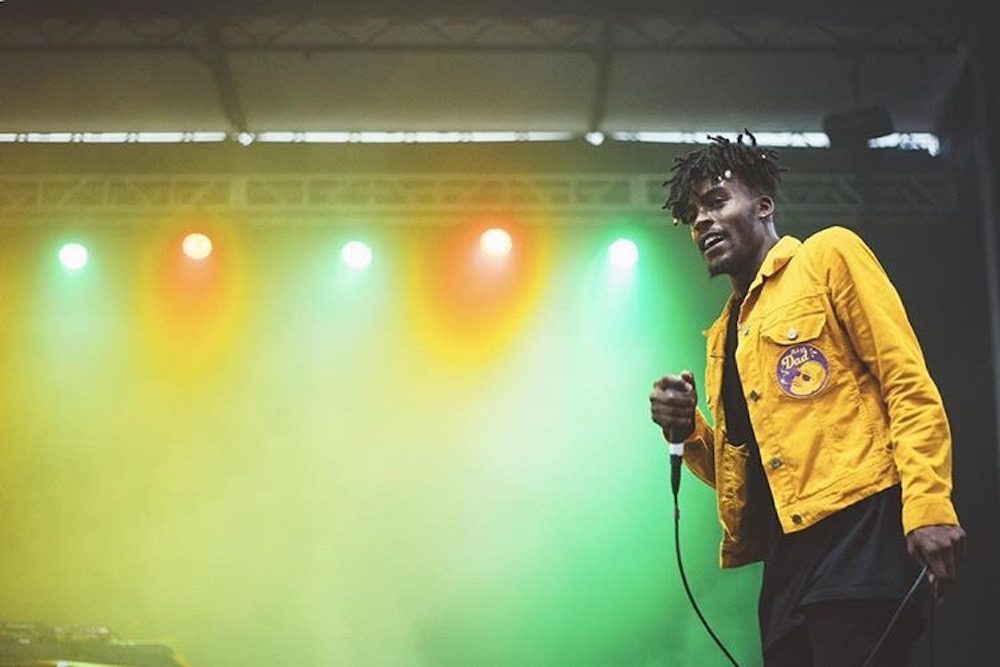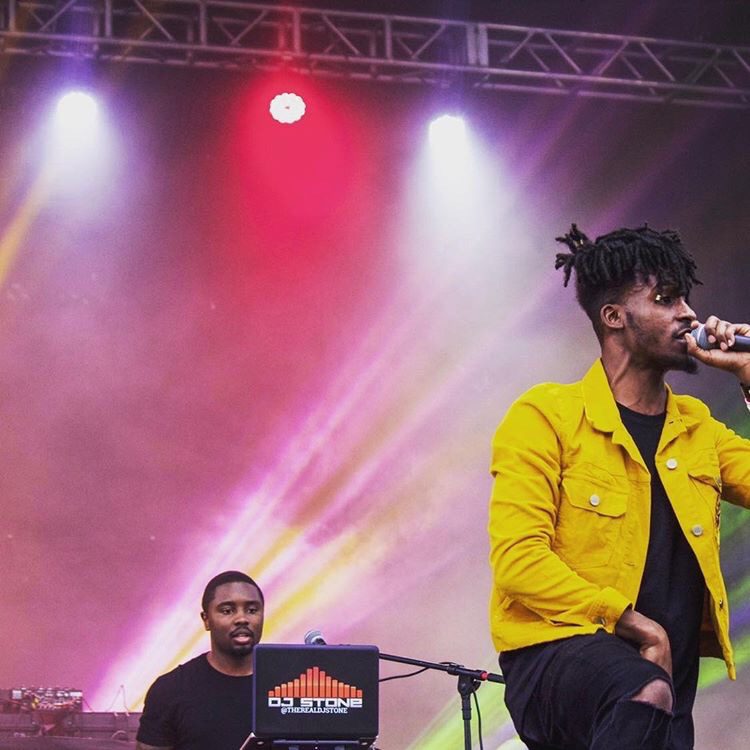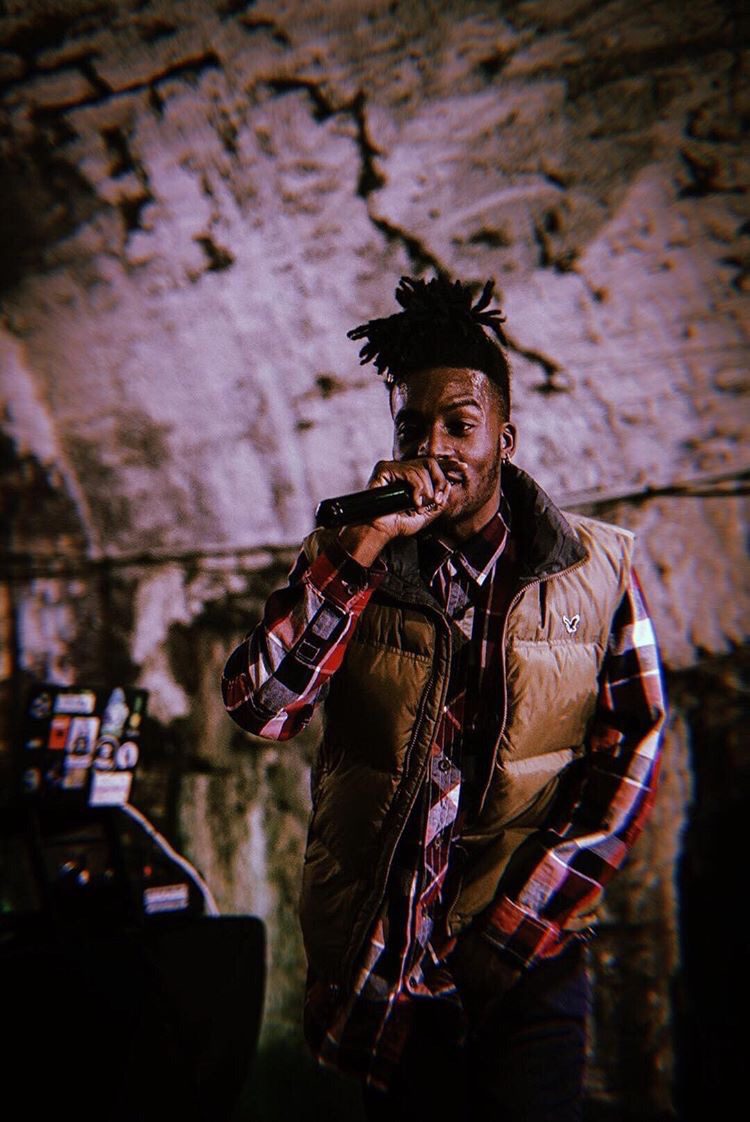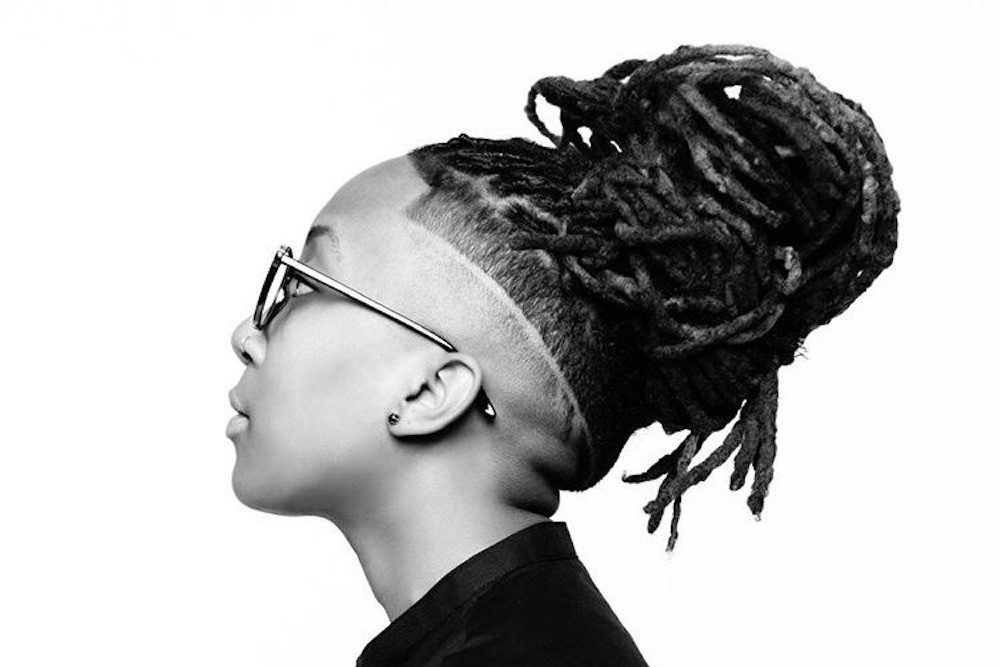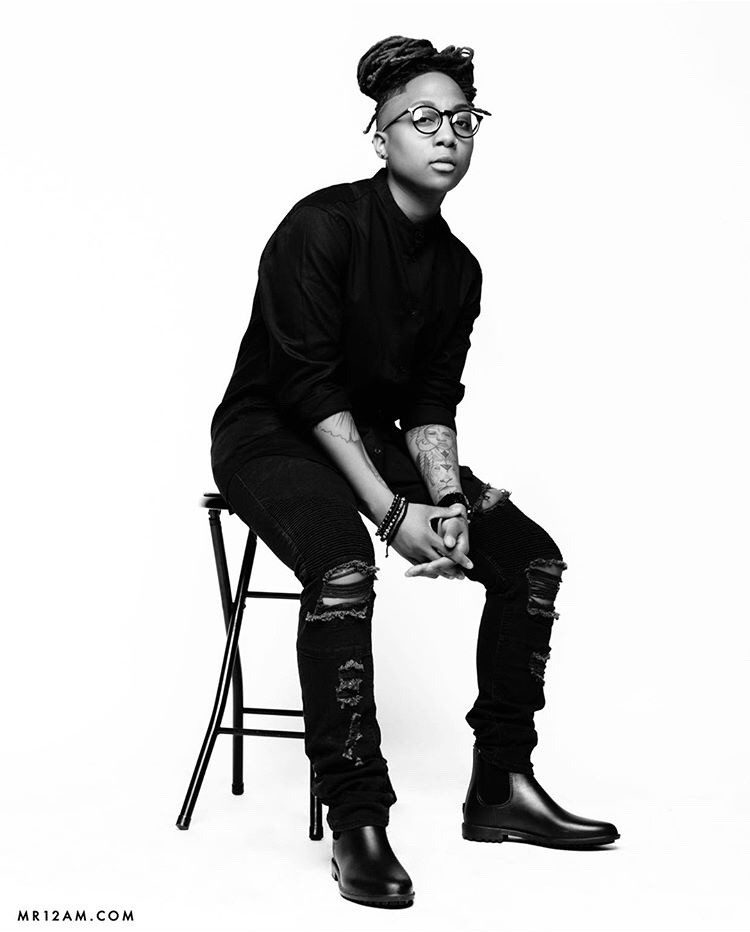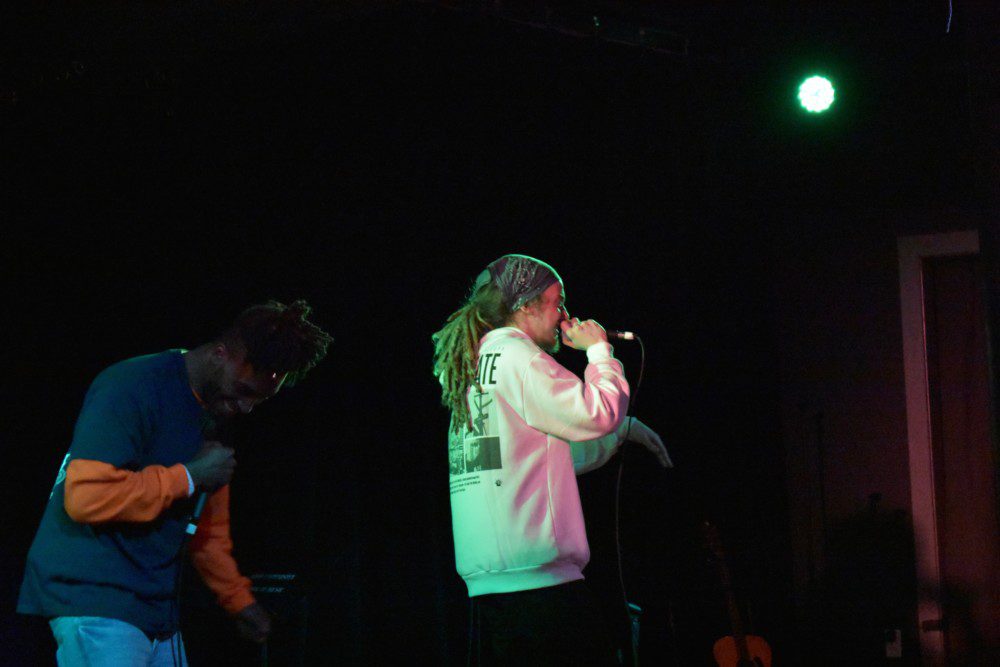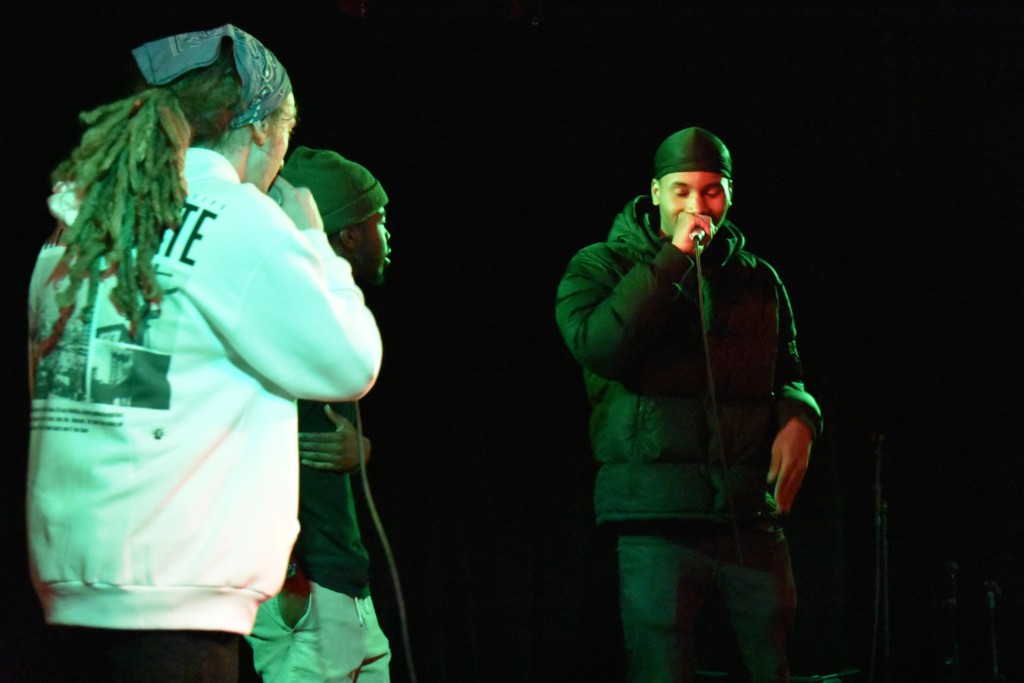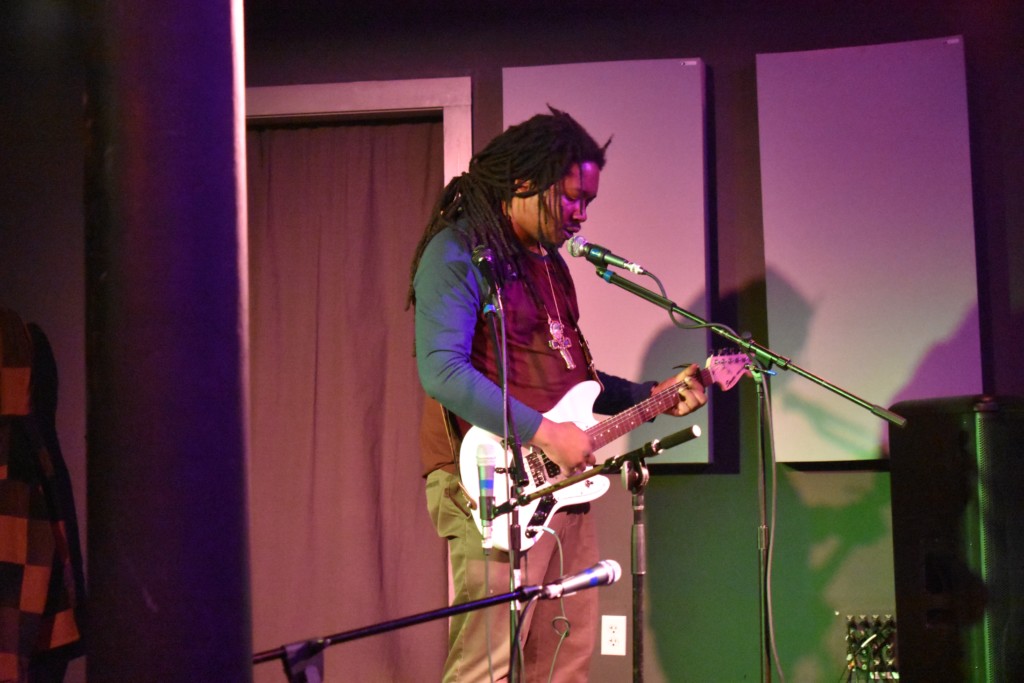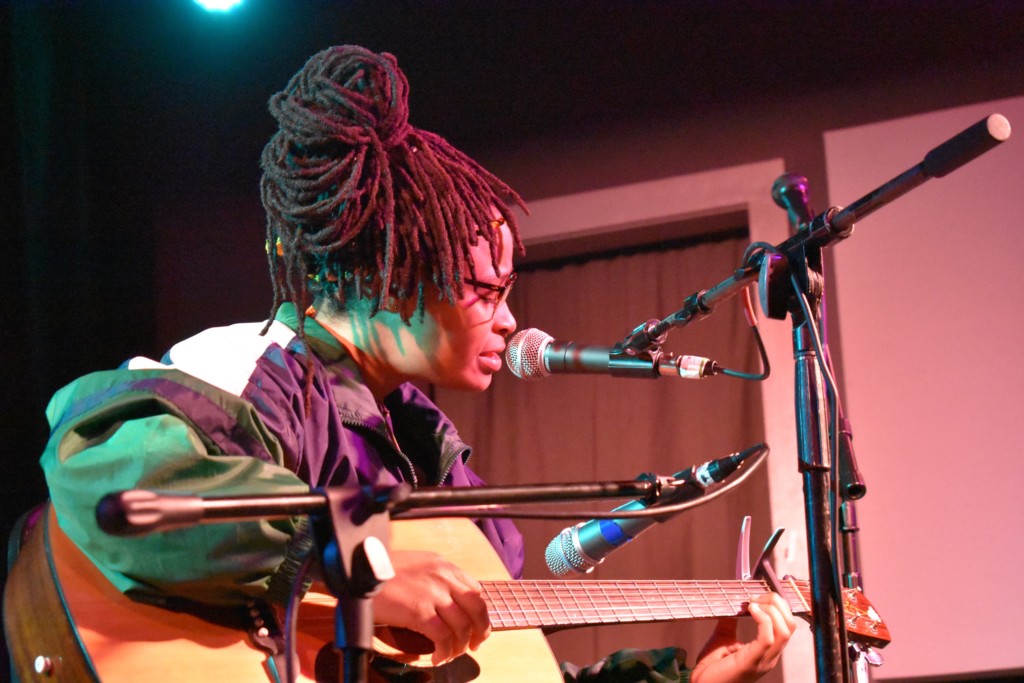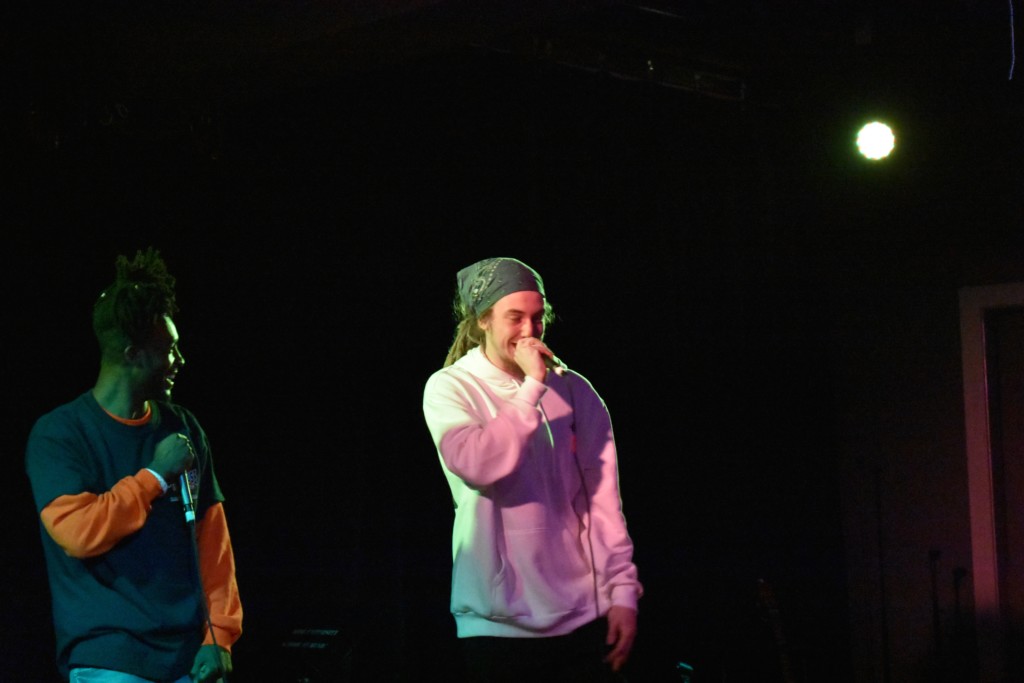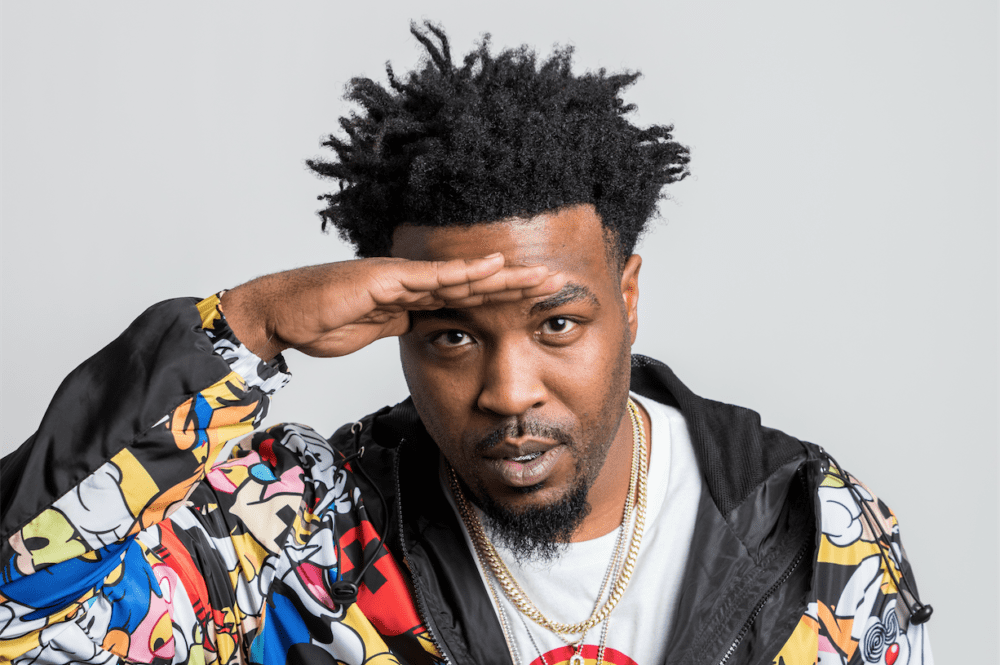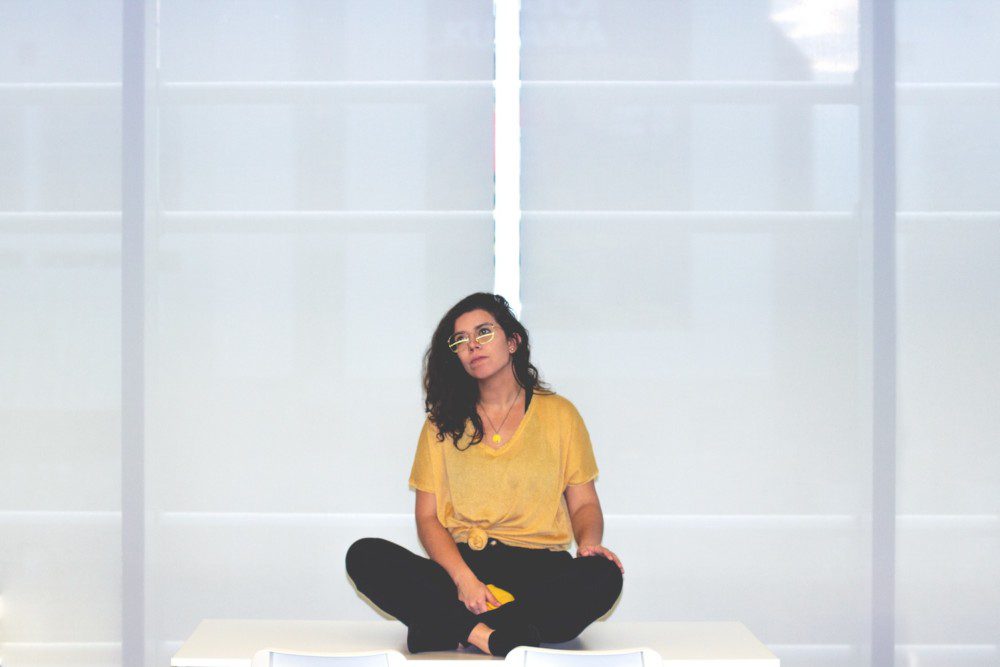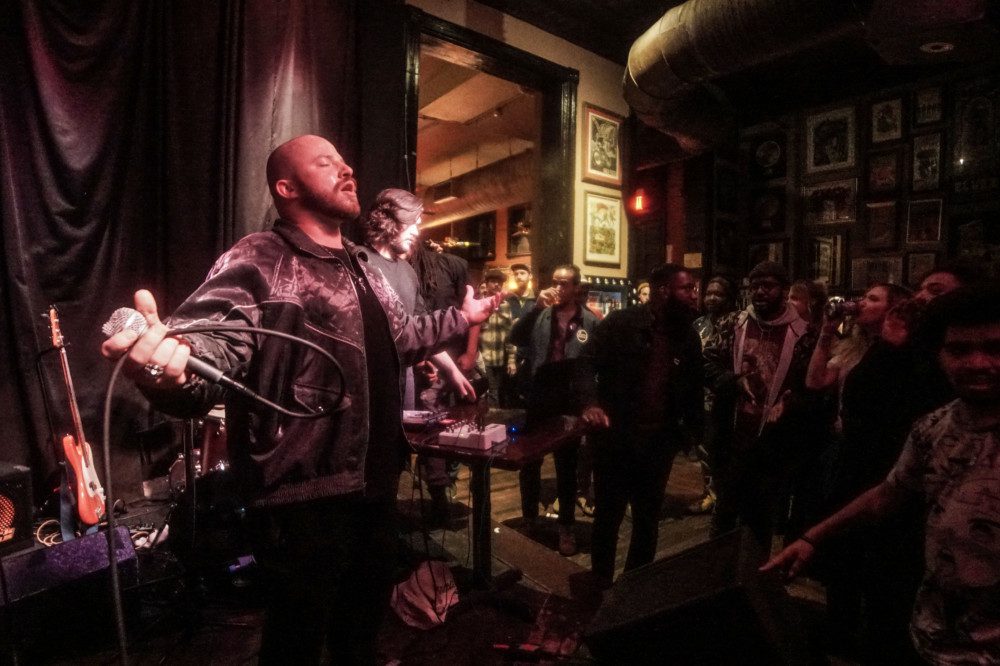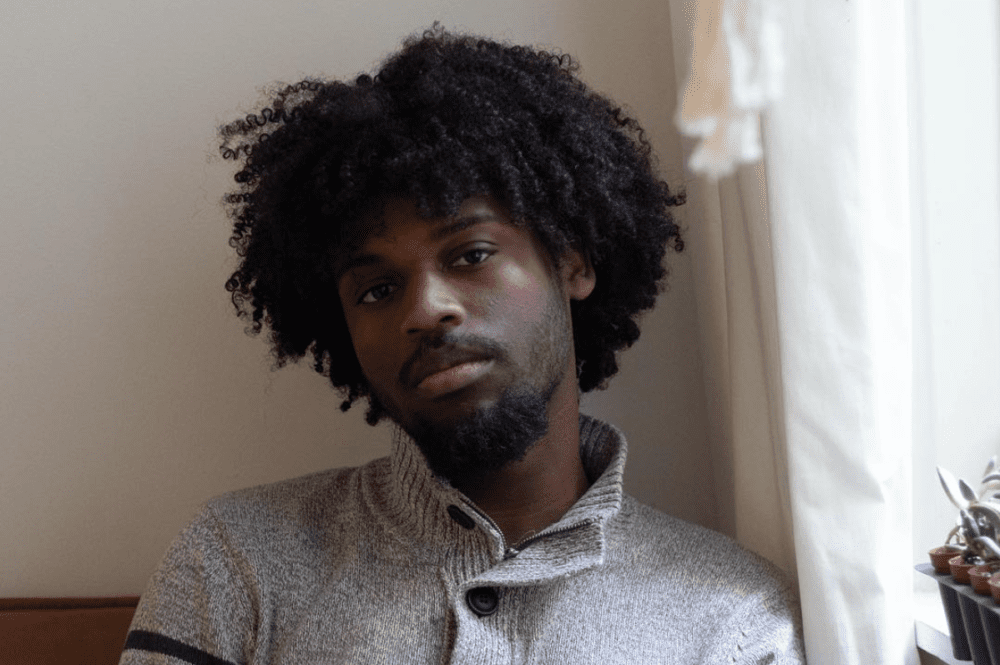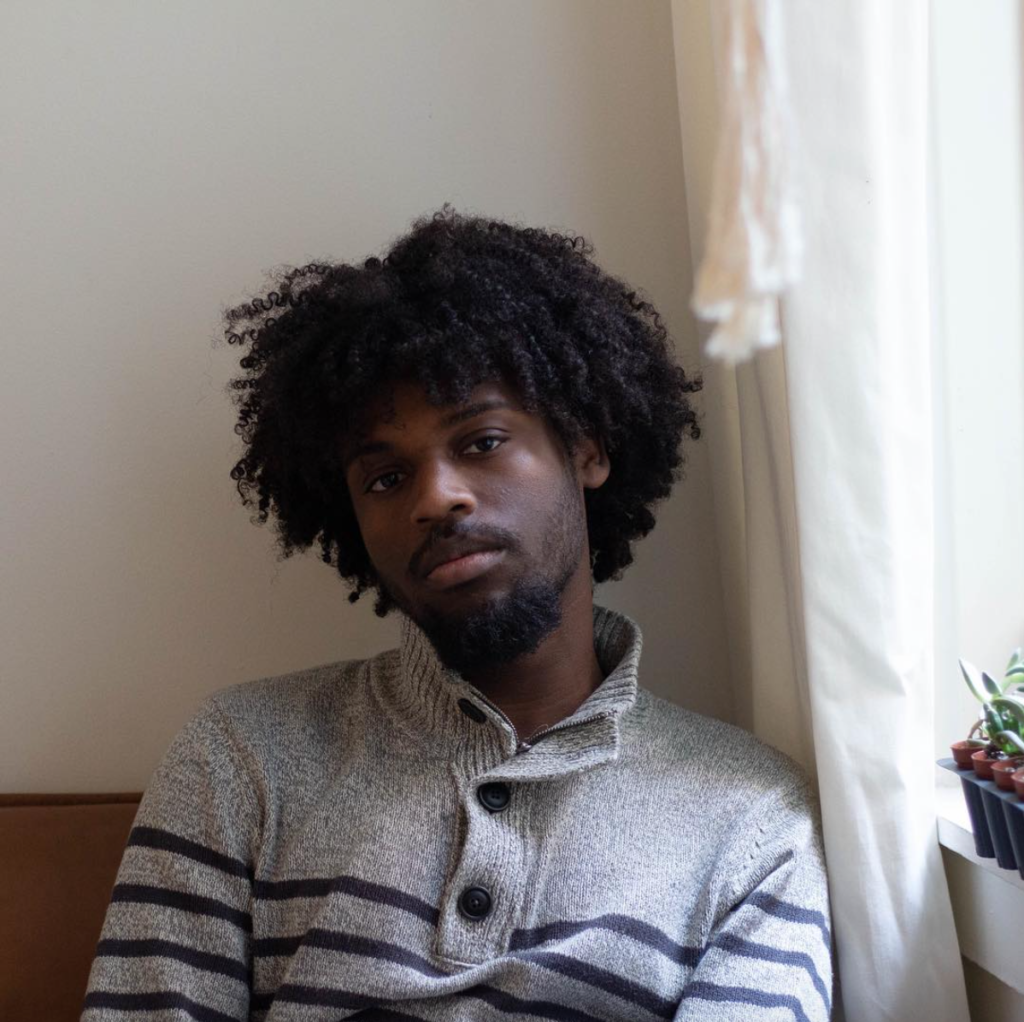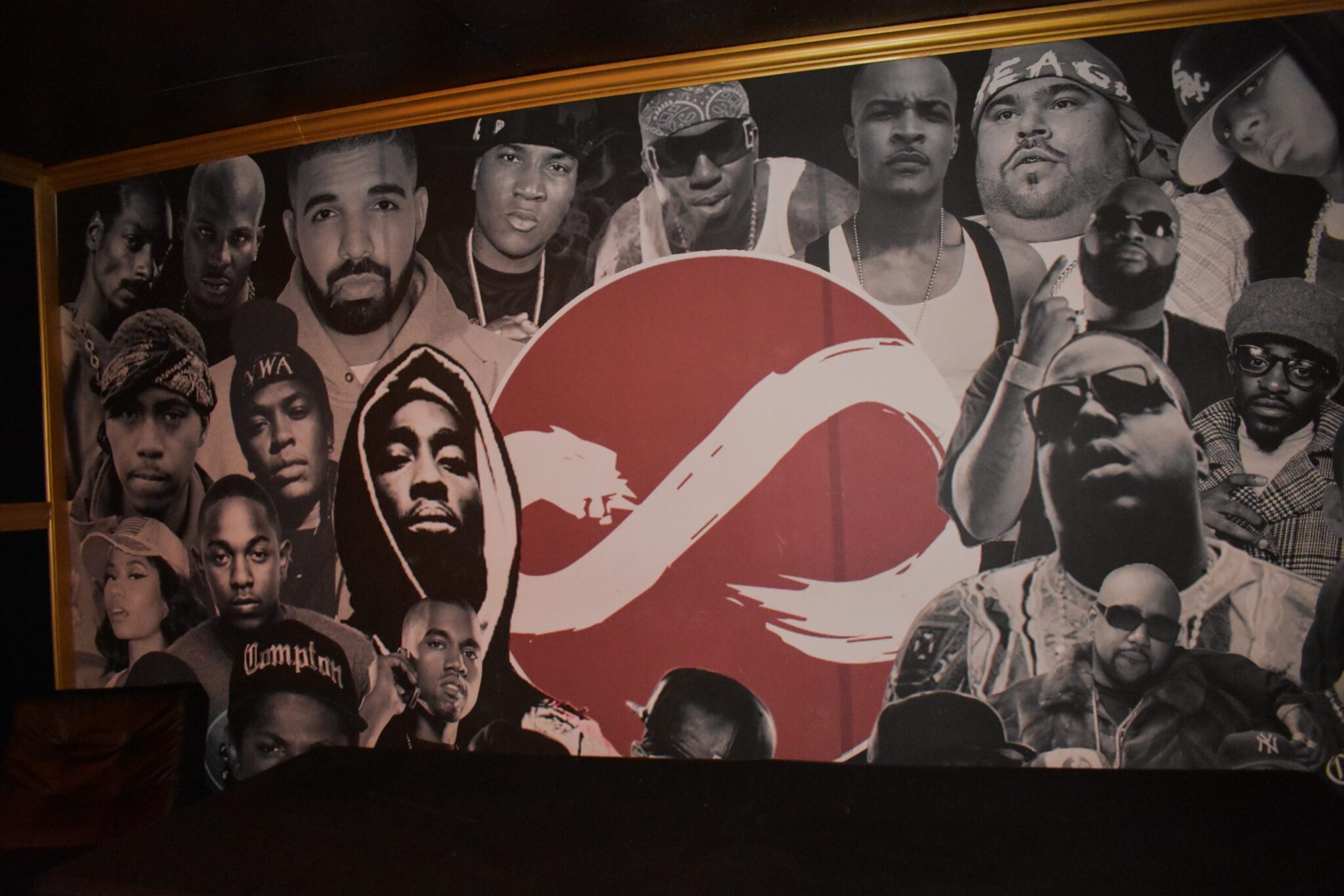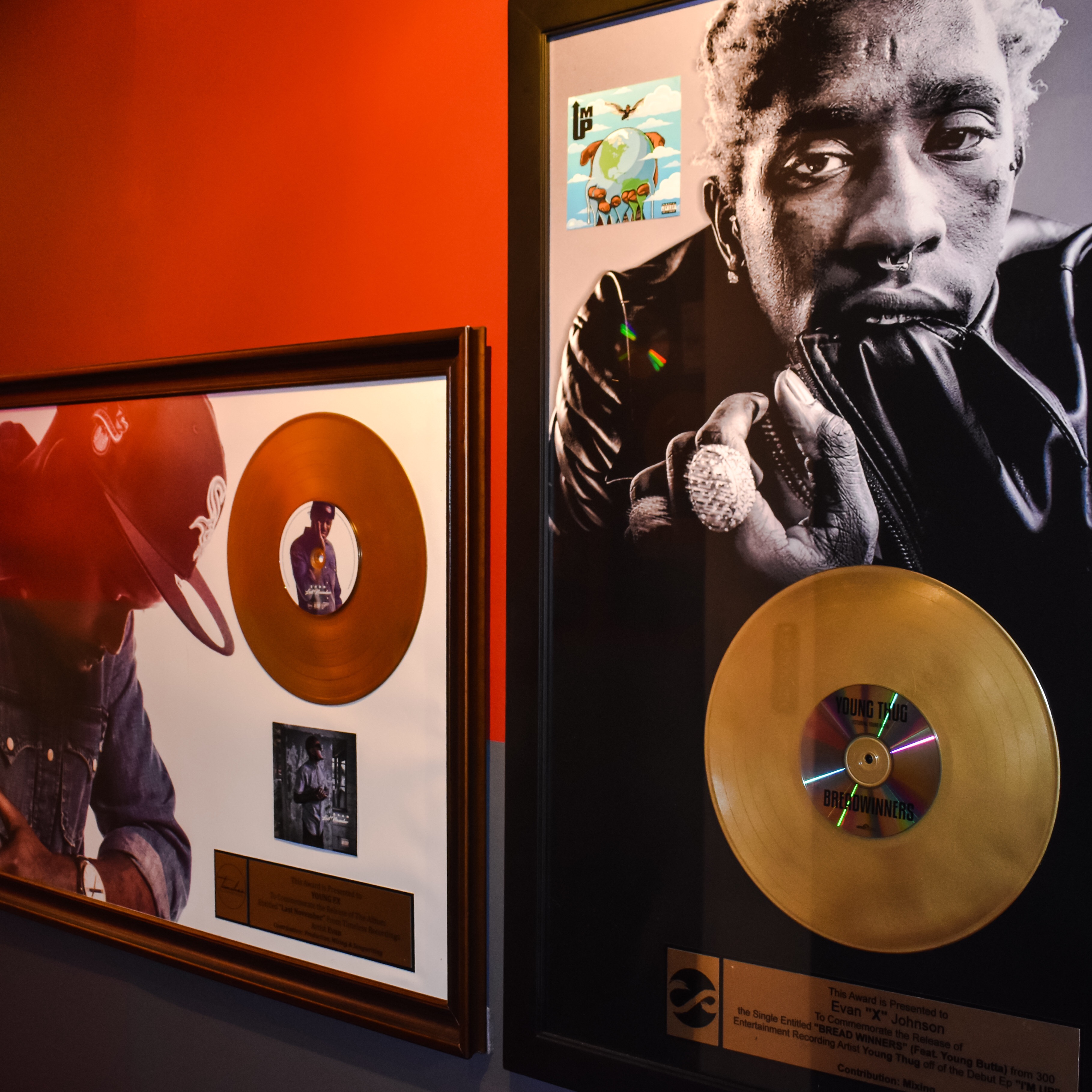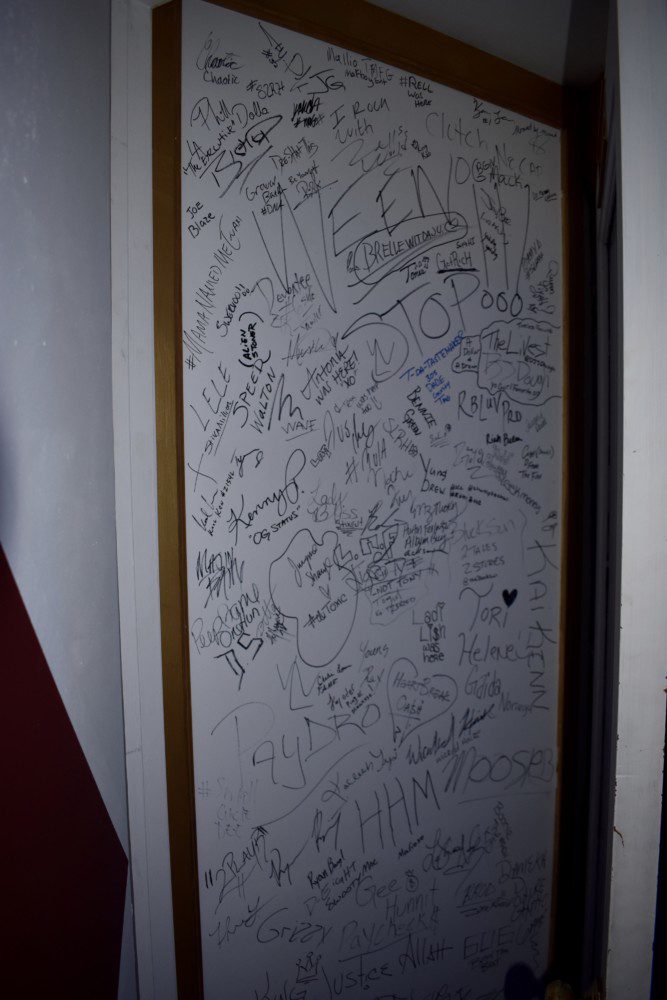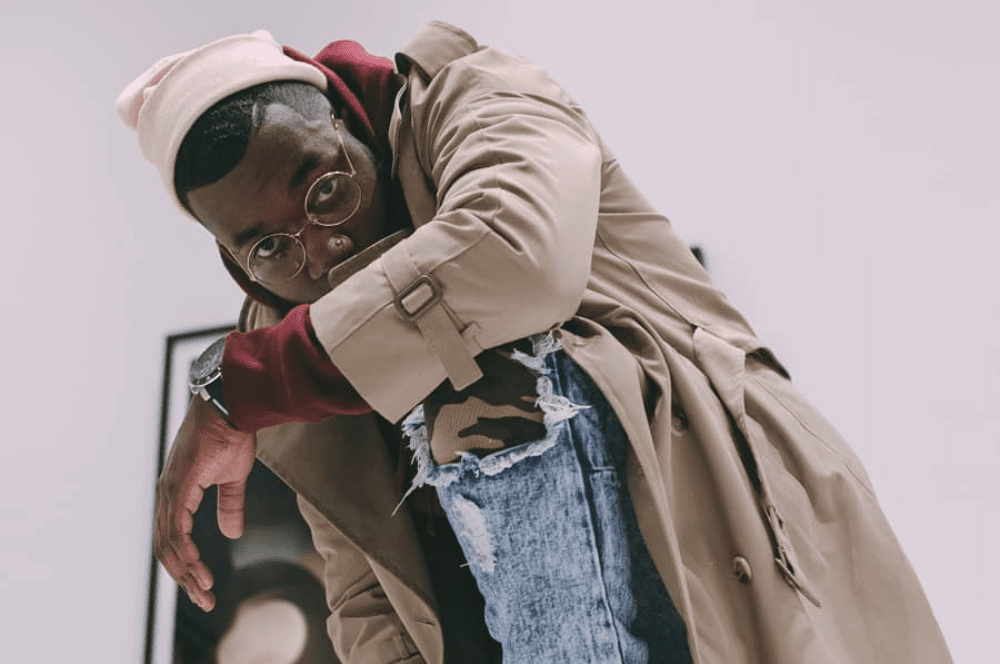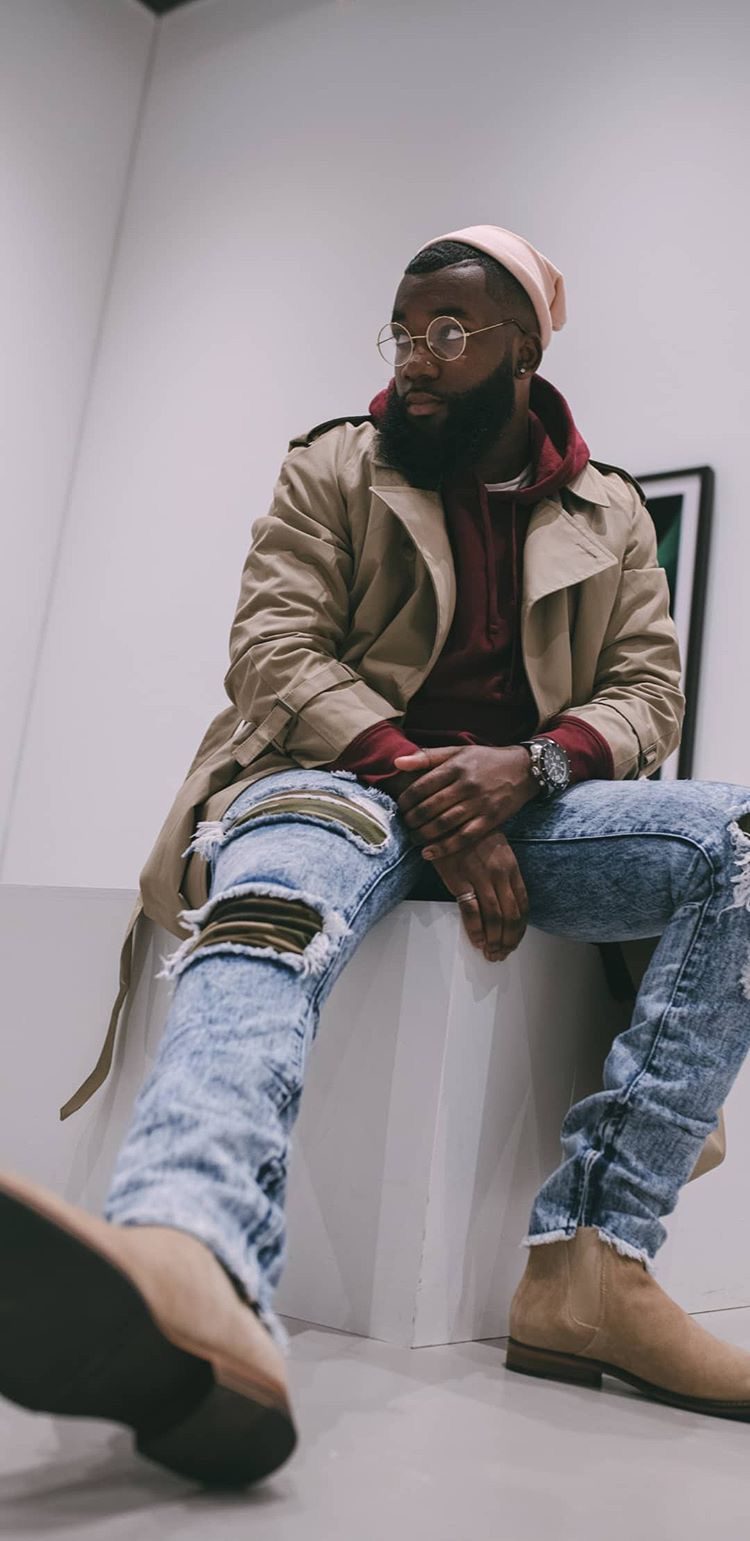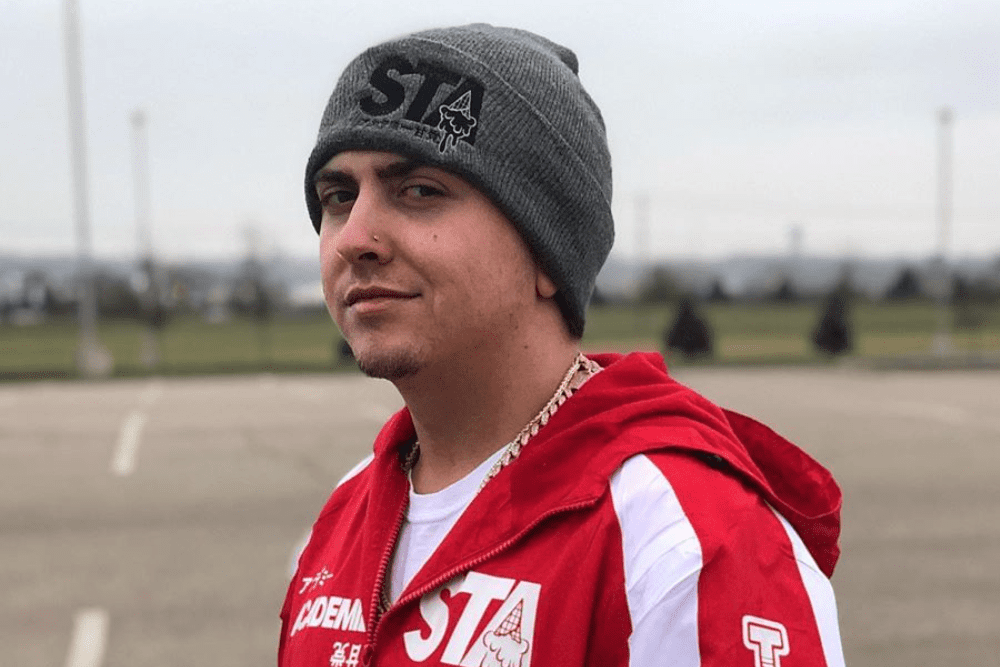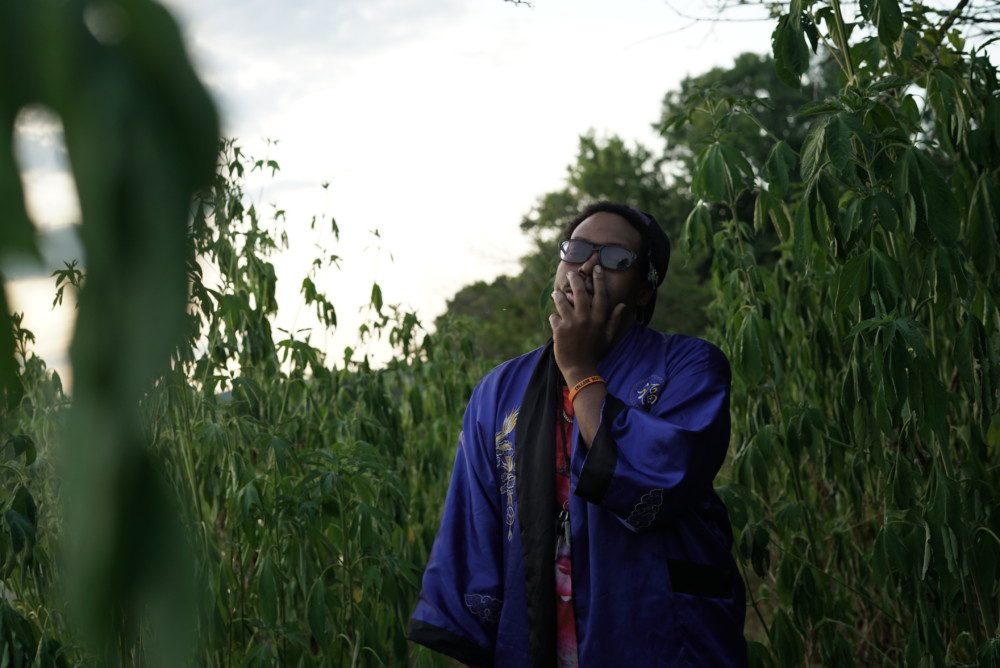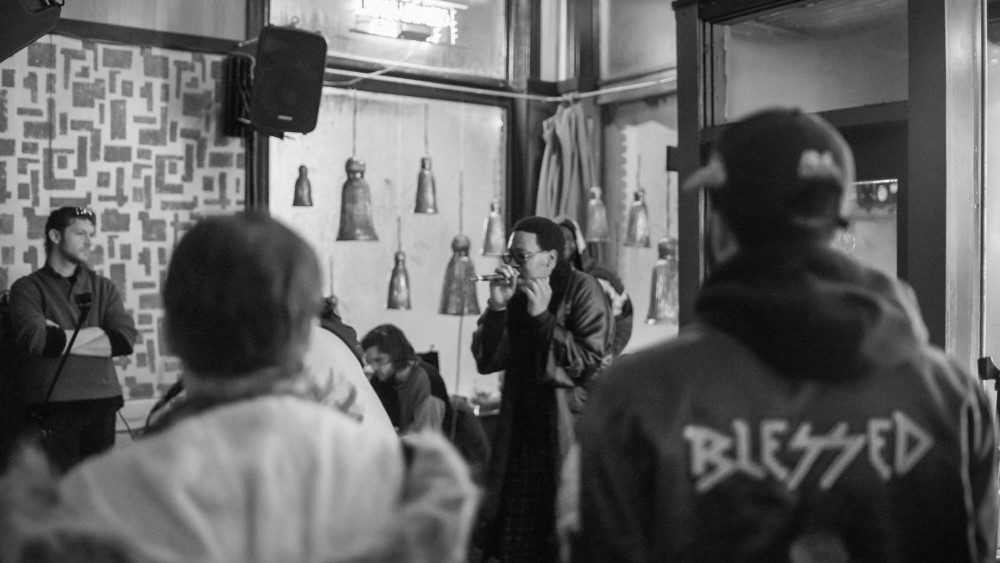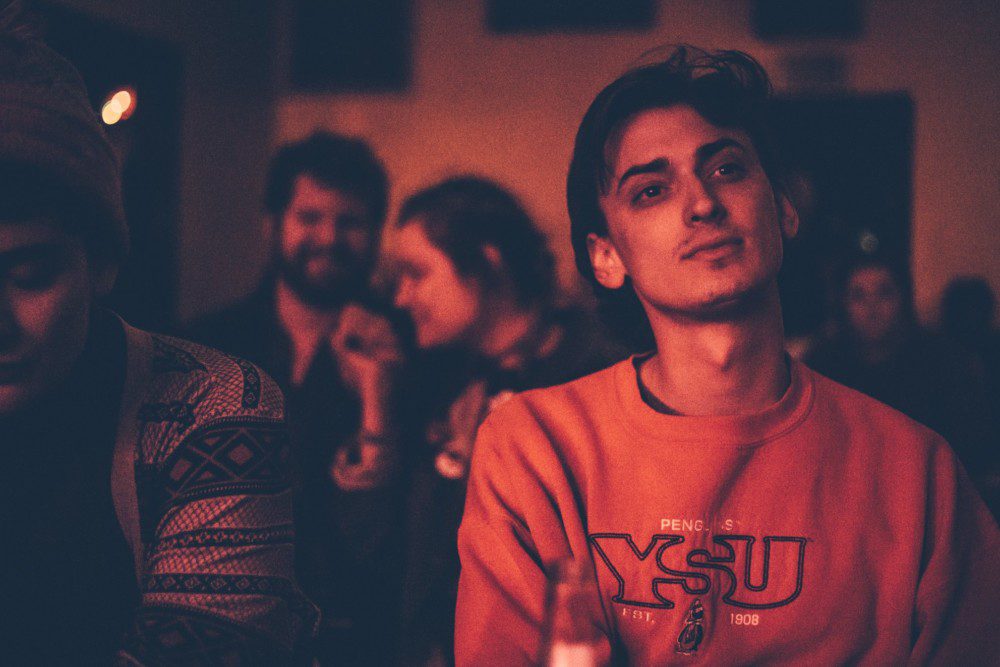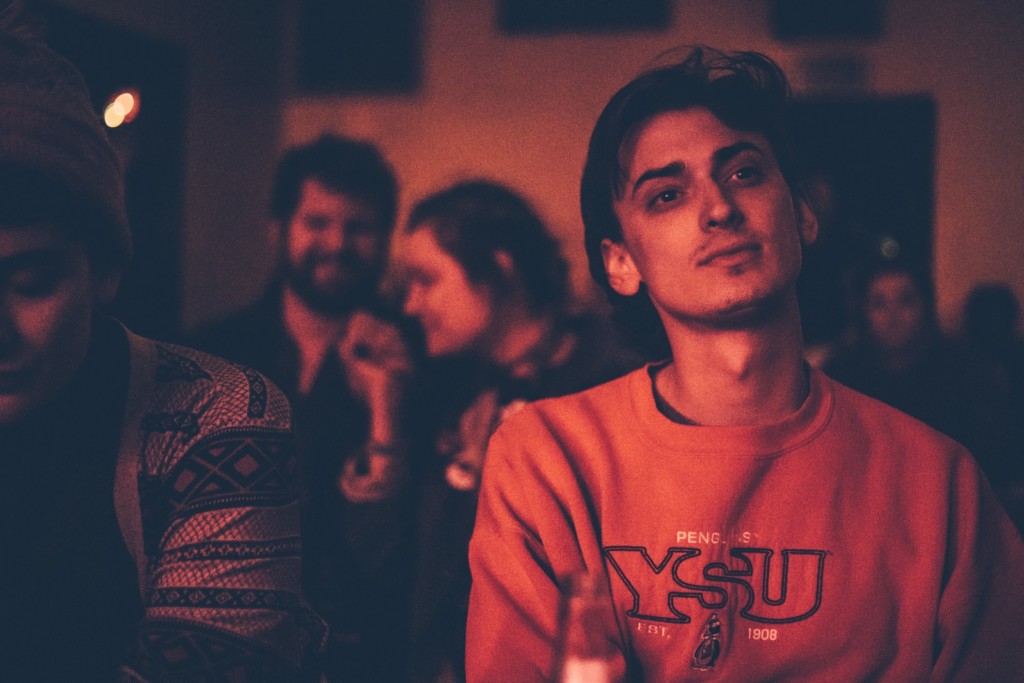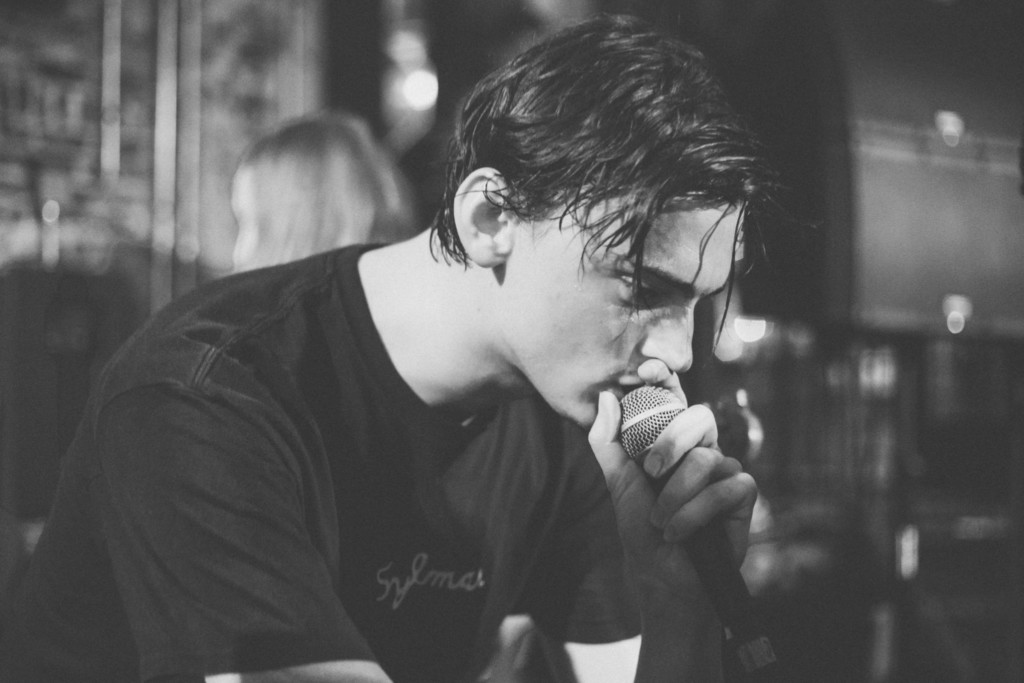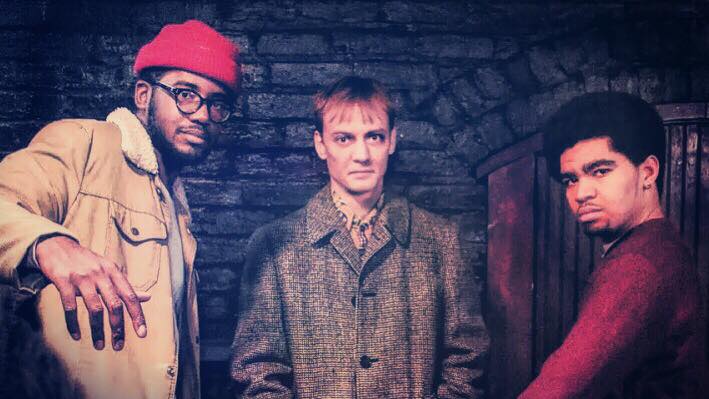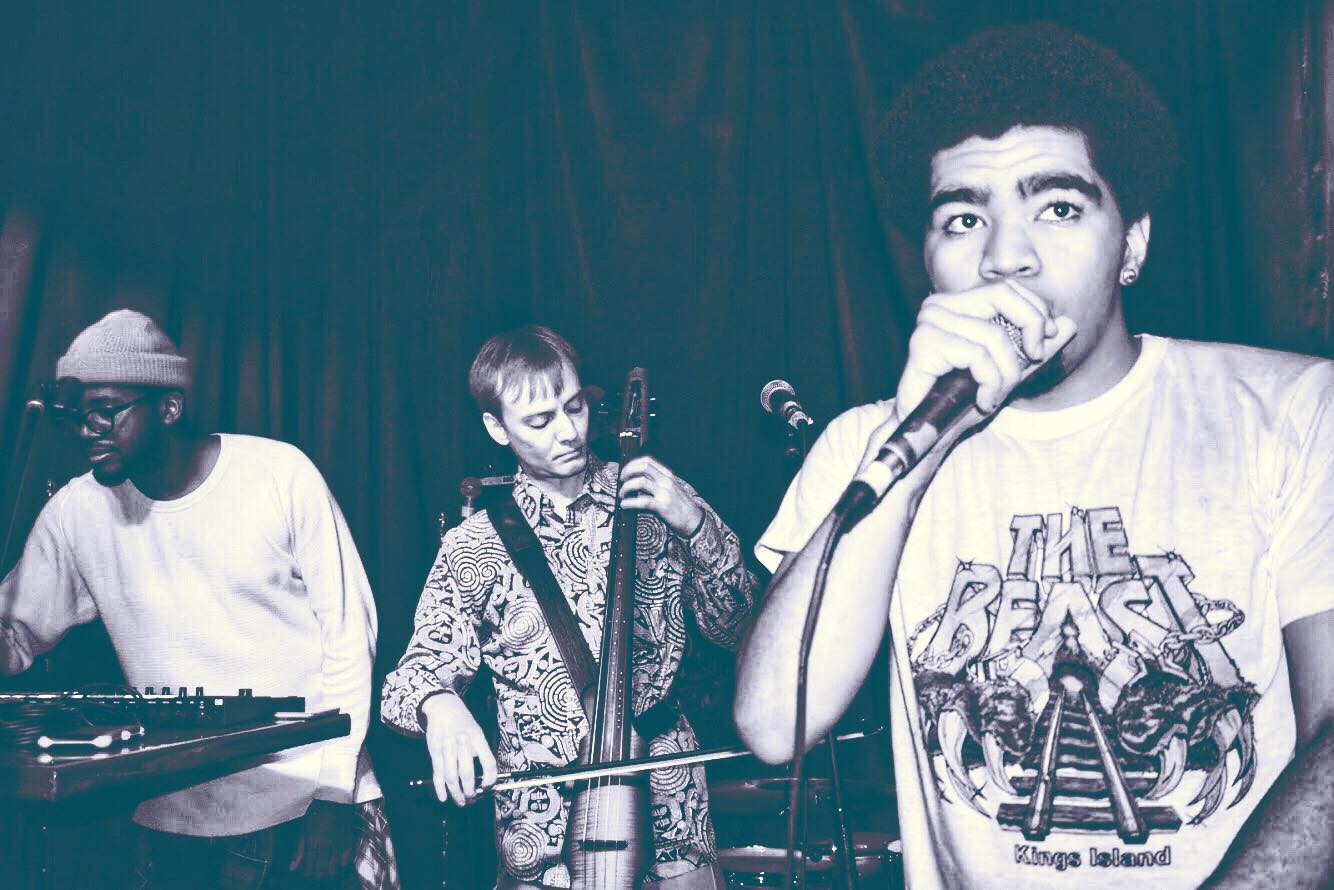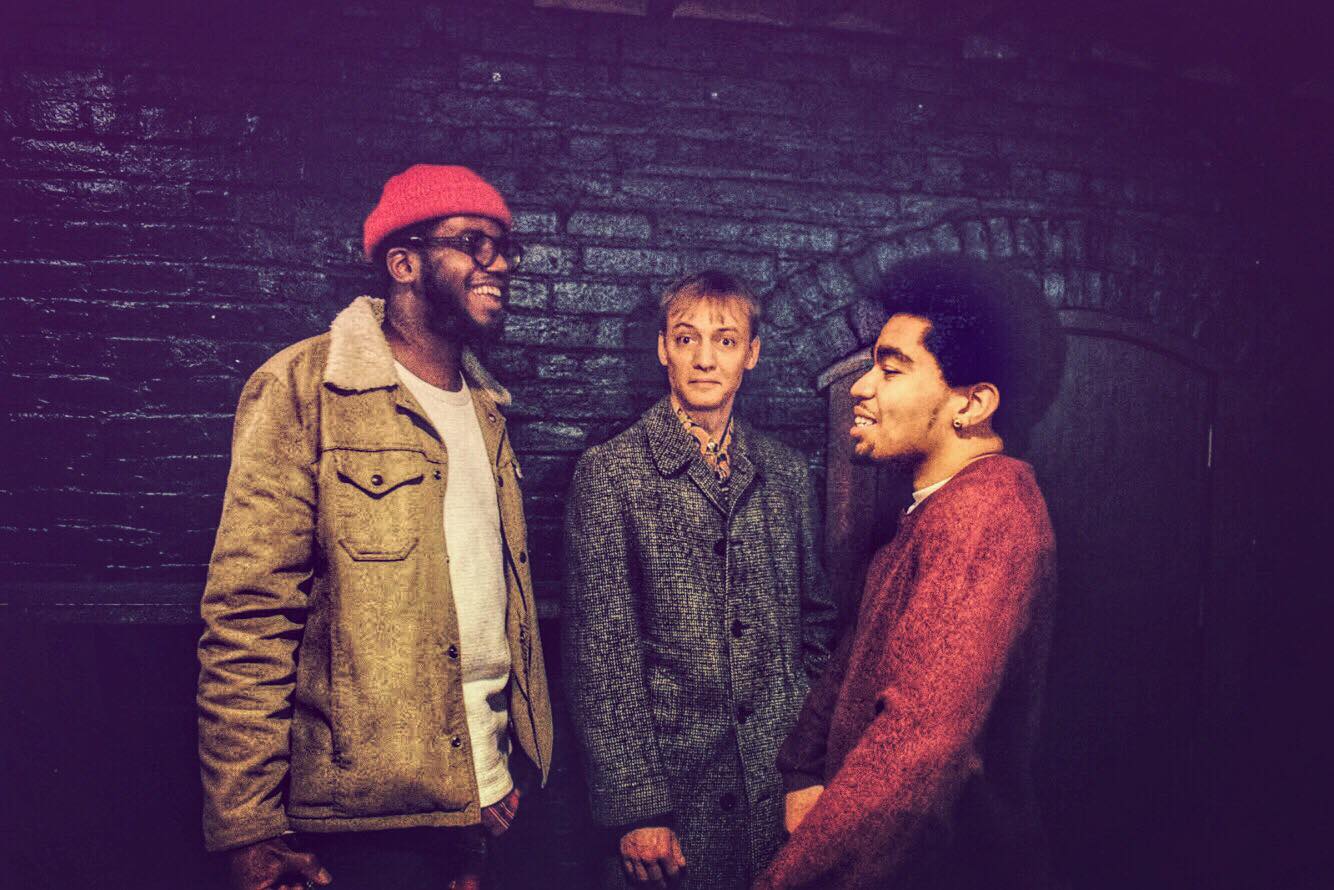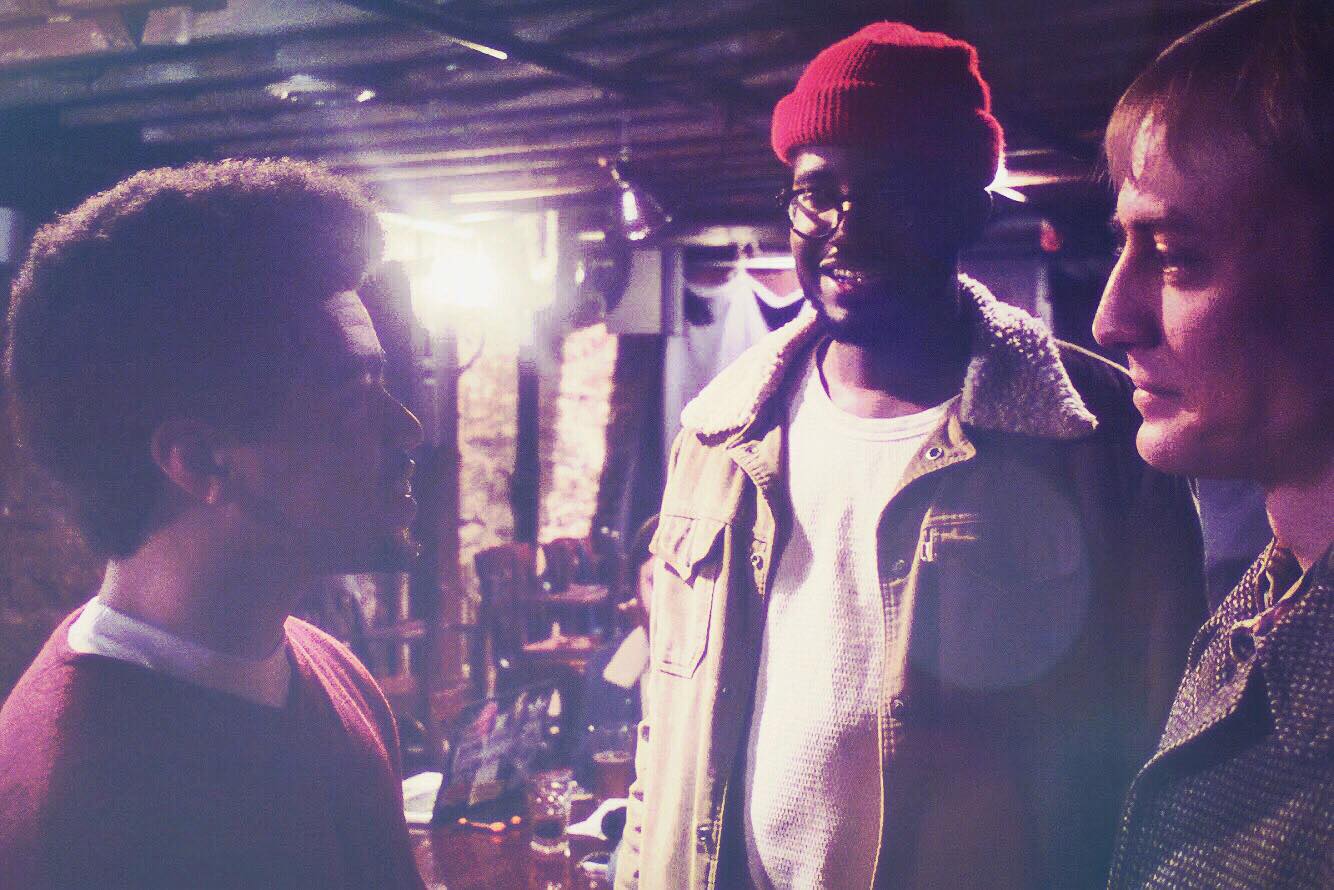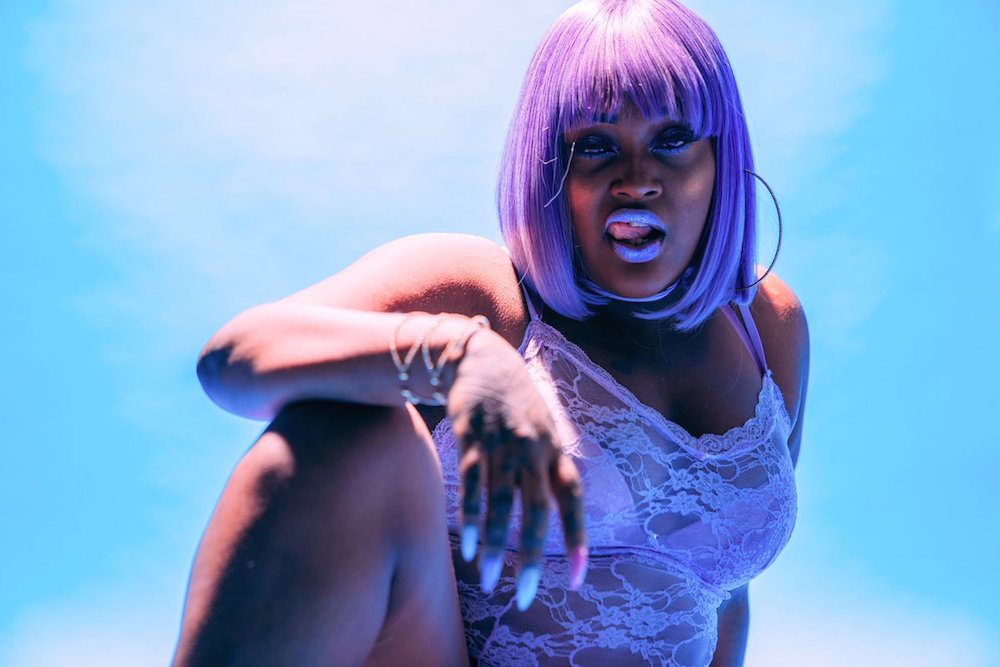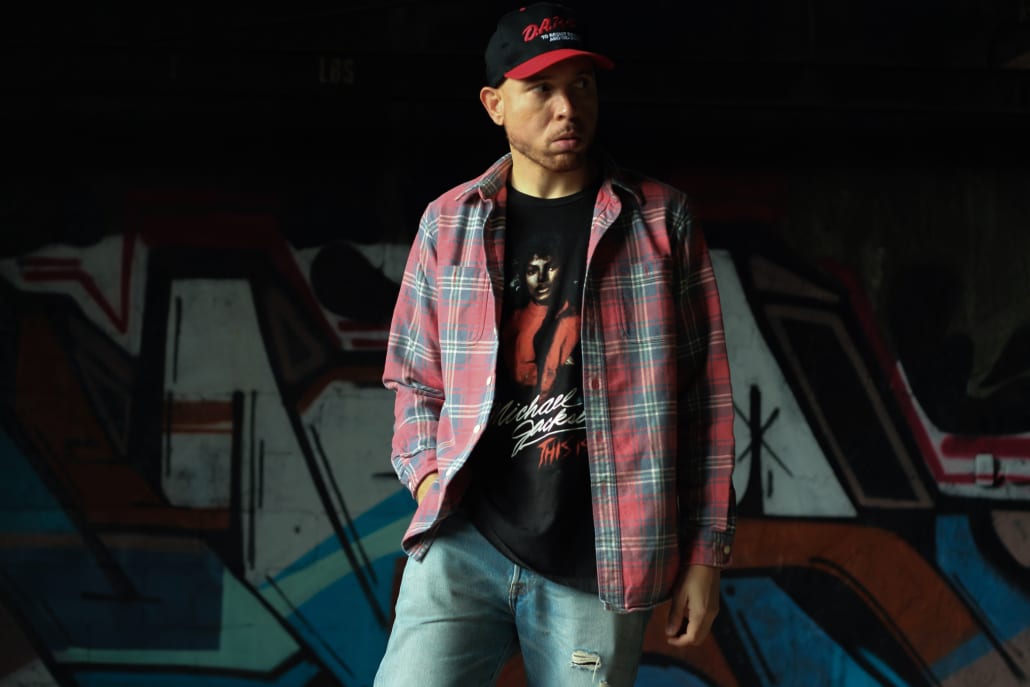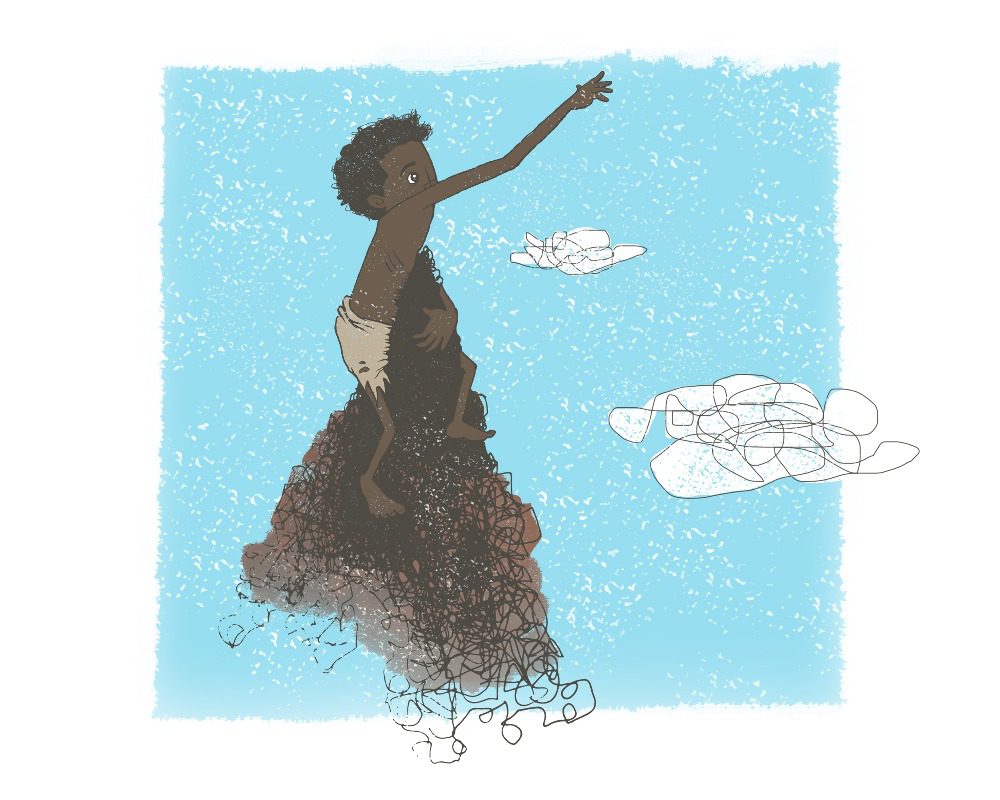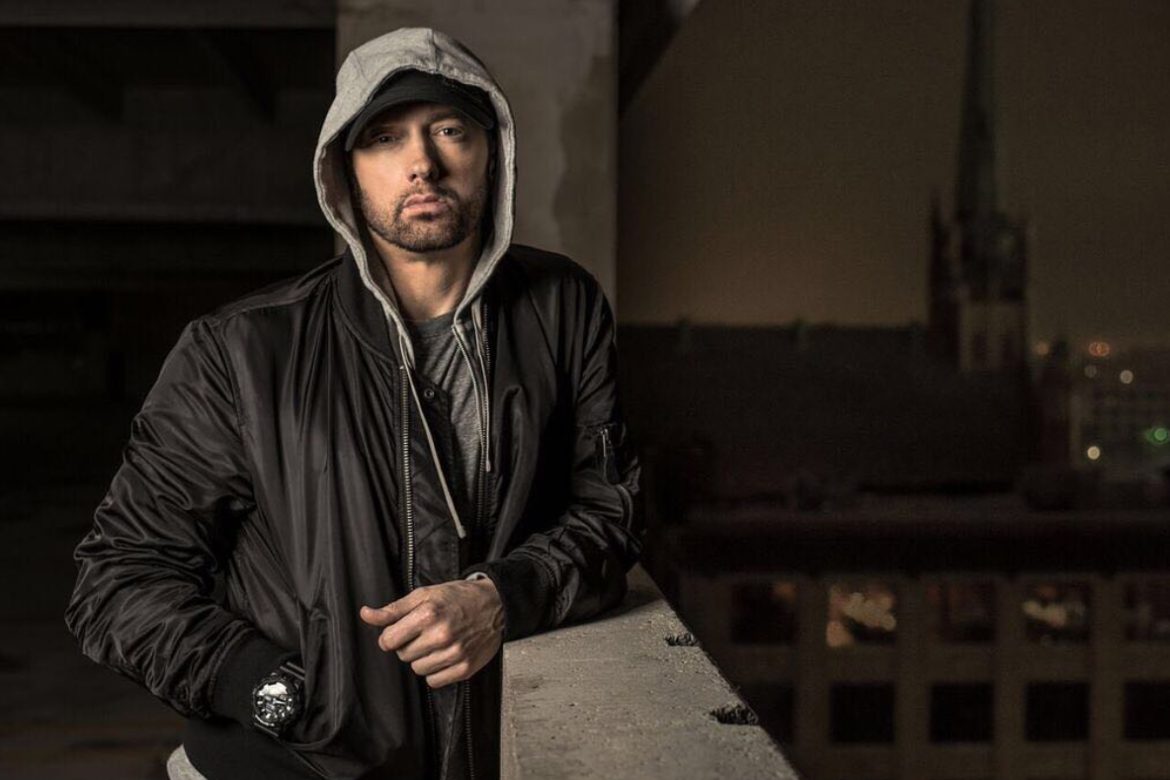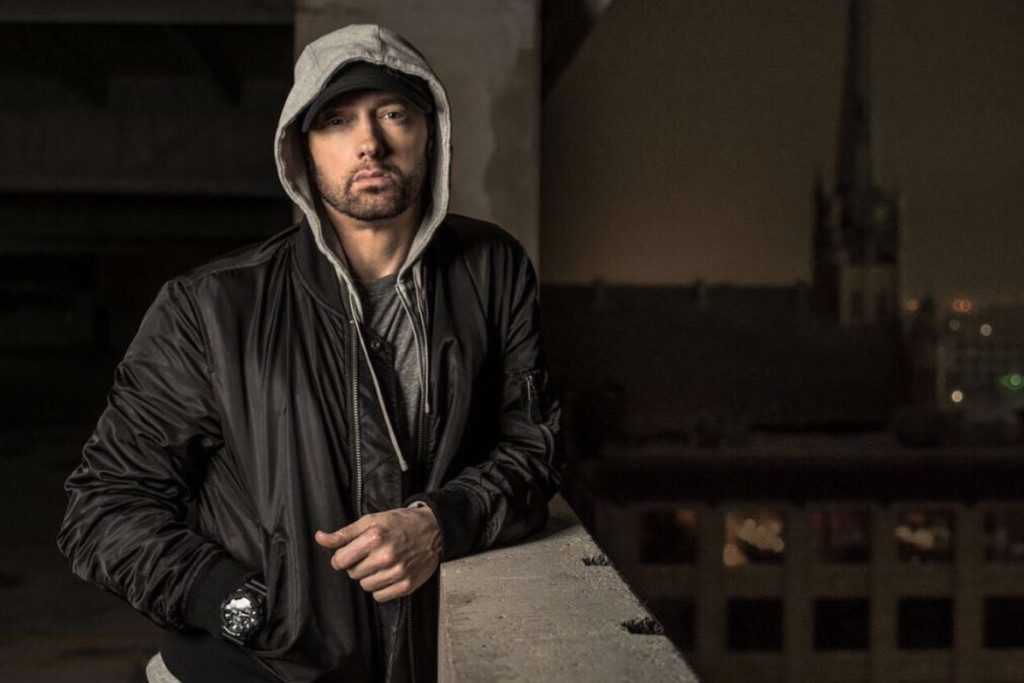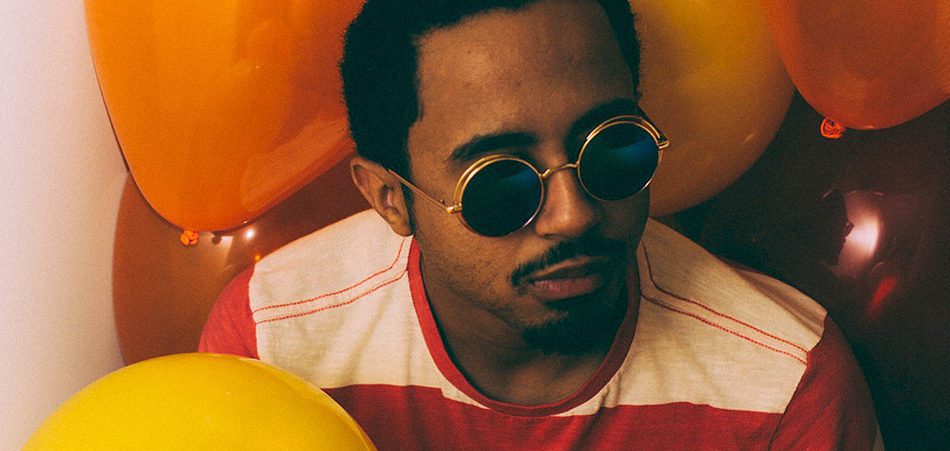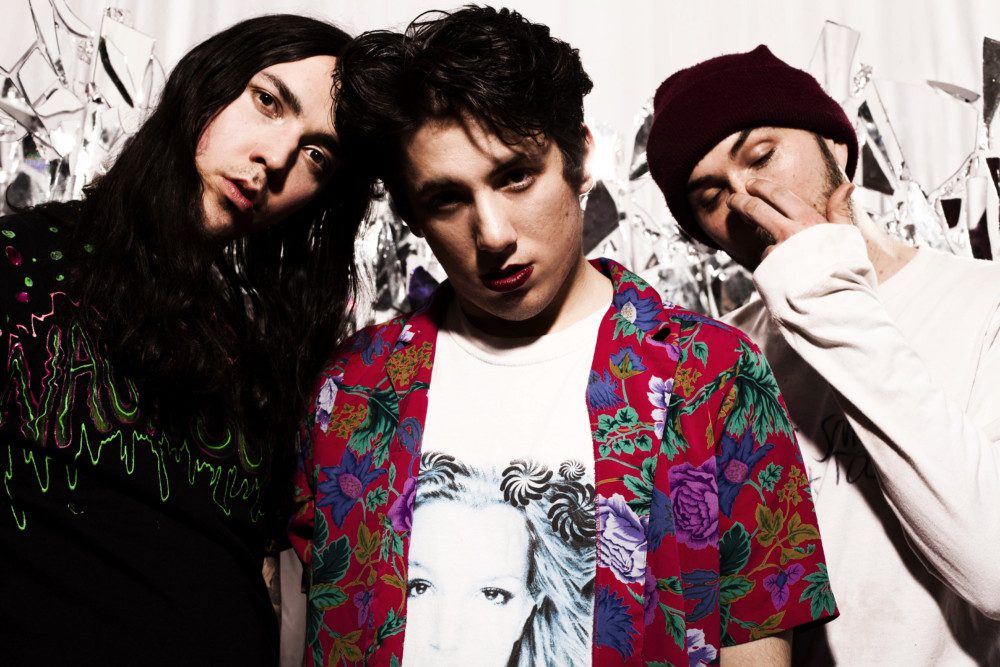
Seattle’s Nauticult— equal parts industrial hip-hop and thrashing noise punk—was born in a moment of raw inspiration. For years, the members had known each other and even considered rapping over beats together, but they didn’t actually pull the trigger until a surprise birthday party performance in 2015. The result was cataclysmic innovation—electric drums, synth guitar and rasping energetic rap over a rousing Busta Rhymes instrumental—so memorable, friends at the party were reliving the moment on social media the next day.
This marked the beginning of Nauticult and the fiercely conscious music they continually chew on and spit out. Their new EP, Human Use of Human Beings, the follow up to 2017’s Phantom Limb, drops July 9th, and all three members of Nauticult—vocalist Austin Sankley (She/Her), guitarist and synth Dylan Berry (He/They), and drummer/sampler Evan Fitzgerald (He/Him)—gave Audiofemme the scoop on their upcoming release show at The Ruins on July 9th, bridging the seemingly disparate genres of hip hop and noise punk, and their preoccupation with themes of religion, cults, and group thought.
AF: Tell me in more detail how you got started making music together—and about that birthday party in 2015.
EF: We had been friends or at least known each other for years and wanted to do some sort of rap group type shit for a while. In 2015, we had a birthday party for Dylan, and that night Austin had some intense family trauma happen and said she didn’t want to perform that night at all. We had only thought about just making beats and rapping to them, but we got juiced and put on Busta Rhymes instrumentals, then I got on my electric drum set and Dylan picked up his synth guitar and Austin quote “channeled the negative energy into the mic.” At the time I actually didn’t remember a thing about it until Dylan told me the next day “yo, Geoff got a sick Snapchat of us last night.” I watched it, and it was the filthiest blend of bassy, thrashy hardcore rap that I hadn’t heard, and I was like yo, fuck making beats, we’re doing this.
AF: What was the objective you had when you first started out?
AS: Our objective was purely to make music we wanted to hear. I had never really imagined I would be in a band, let alone making the music I was making. I think the feeling was mutual. We were all obsessed with experimentation. We were really trying to create a style we hadn’t heard before, and to make music that contrasted what was being made around us. It took me a while to really learn how to match the energy and for us to find our rhythm together.
AF: What’s Nauticult mean?
AS: It is a play on “Not a cult.” To me it really means not assimilating to toxic bullshit and group thought, and not making music that everyone else is making. And trying to be successful while retaining individualism. Sort of critiquing the cult-like logic that goes into writing processes, and social dynamics and powers and the way we operate in society. It’s also thought of as something that someone says about the cult they are in to someone they are trying to indoctrinate into a cult. It also plays into nautical themes. My rap name is Argonaut so it plays into the last four letters of my rap name.
DB: Nauticult also directly translates to a cult of the sea, and relates to how a lot of sounds and textures we use are drenched in effects and very wet in the mix of things, almost to the point of being overloaded; it represents the more psychedelic elements of our band and the overall vastness of the influences we are pooling from. Nauticult is definitely a multiple iteration type of name.
EF: Naughty cult (lmao). We were way more naughty and trouble making a few years ago; now we’ve cooled our shit down. But yeah we used to go egging and shit. Ah man, I got some good stories from then though.
AF: What inspired you to combine elements of hip hop with punk?
EF: I wouldn’t say we were inspired to do anything from other artists, [but] me and Dylan had been death metal musicians from the jump, and now we are just influenced from a wider range of music. [We’re] heavily [into] production of rap, goth synth shit, all that, and now with our unique music equipment, the music is an organic blend of how we play our instruments naturally and what we listen to. And Austin has rapped since she was five, so why would she do anything else than her super power? Might I also add she is the greatest lyricist of all time.
AF: Who or what do you feel like your music is in conversation with? A place, another artist, an era?
DB: There was never one artist that we’ve all looked to as a band upon starting this group. Part of what made the inception of Nauticult so exciting was the raw energy of all the genres we were bringing to the table. This day and age there is more noisy/industrial music than ever, bridging from hardcore to hip-hop and psychedelic music and everywhere in between, screaming out to the void of the world. This tension we all feel. We have been inspired by artists such as Shabazz Palaces who blend live percussion with psychedelic productions and more metaphysical and spacial themes, similar to the lyrical themes used in the group, clipping. who also bring a blistering, industrial flavor to hip-hop, and JPEGMAFIA, who has some of the grittiest production and lyrical style out there in this genre—which has been described as nihilistic, villainous or satirical. Our music is not a nod to any of these artists but an acknowledgement that we are all a product of our environments and influences in an intense and evolving sort of way when it comes to our experimental approach, musical background and industrial creed in approach to sampling, ideology and crafting our own sounds.
AF: What spaces and communities in Seattle have been most supportive to you and your music?
AS: There have been so many spaces that have supported us: Fred Wildlife Refuge, The Ruins, Chop Suey, Barboza. We have gotten a lot of support from the hip hop community, punk, queer community, burlesque, and metal scene. We are so lucky to have the support that we do. I love everyone who comes out to our shows!
AF: Tell me about your new EP, out July 9th. What energies or forces brought it to fruition? What are some of its underlying themes and drives?
AS: We honestly wrote a lot of the songs on this EP directly after Phantom Limb came out and have just been refining them. The process has taken a long time with playing shows and everything else taking up time. The themes are commodification, violence, group thought, possession, technology, and war. It really plays into a lot of the themes behind our name. It’s an exorcism for the things that possess us, such as religion, group thought, trauma, identity, abuse, sexism, masculinity and all things cult.
AF: How did the new EP challenge you?
DB: Some of the material on Human Use of Human Beings we’ve been sitting on for some time but with how many shows we would be playing and tours we went on we had a hard time solidifying our writing process in the studio, having four different practice spaces since our first album. We took a much needed hiatus last fall/winter in order to distill these elements and finally put together our own home setting where we have the utmost control in our writing process and production as well as the workflow of putting together our music. It was a real challenge to get to this point.
AF: In comparison to your other releases, how does the new EP stack up?
DB: With our first EP, Phantom Limb, I feel like we were really finding our voice, charging straight ahead into making these songs that were thrashy, psychedelic and dense. With this EP we are about to put out I feel as though all of our approaches are much more developed. We use more effects and arrangement and samples, pieced together with more progressive song structures, longer songs and even more conceptual lyrics. We have all integrated more as far as how we write together and communicate and that has definitely translated into the music.
AF: Tell me a bit about the show at The Ruins. Is this a place you play often? Will you have an opener? Any surprises as a part of the release show?
AS: This is our first time playing the venue. We are playing with So Pitted, Fucked & Bound, and Guayaba. OC Notes is doing a DJ Set, we have burlesque and aerialists, as well as live tattooing & vendors. It’s going to be wild.
AF: Are you touring with the EP? What are your future goals for Nauticult?
AS: We actually aren’t going to tour with this EP – we want to play a few more shows and then go back into writing. We have the skeleton of an album that we are writing done, and it’s a big switch up from either of our EPs. It’s going to be our first full length. So after this release we are going to get back to cooking.
AF: How can people follow your band/buy your music?
AS: We are available on all streaming websites – Bandcamp is a good place to purchase our music and merch. We are most active on Instagram and Facebook as far as updates go.
